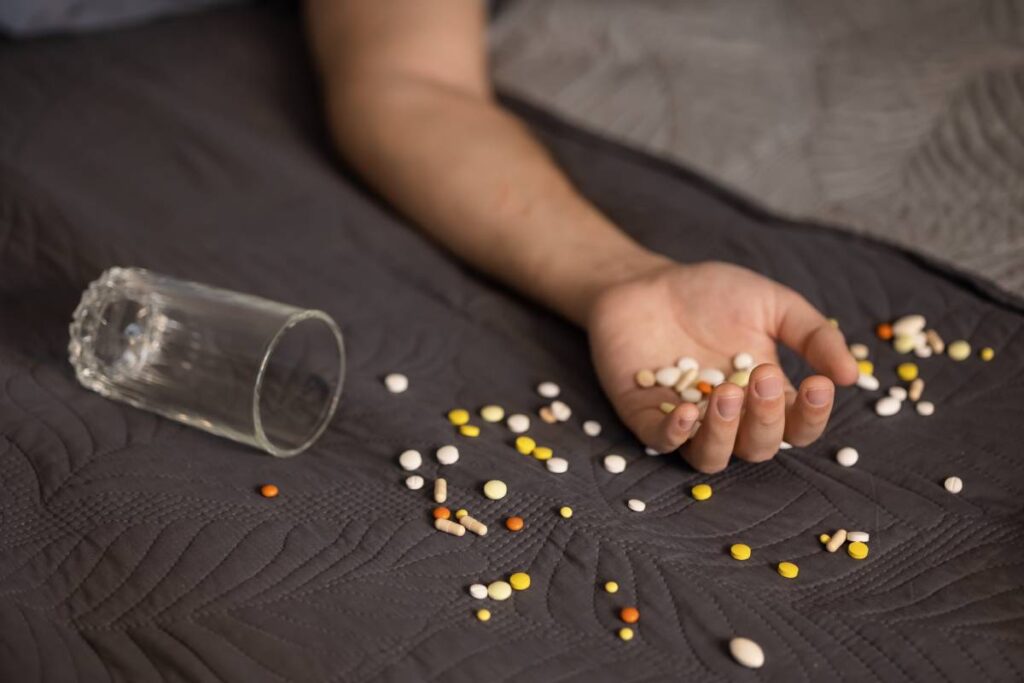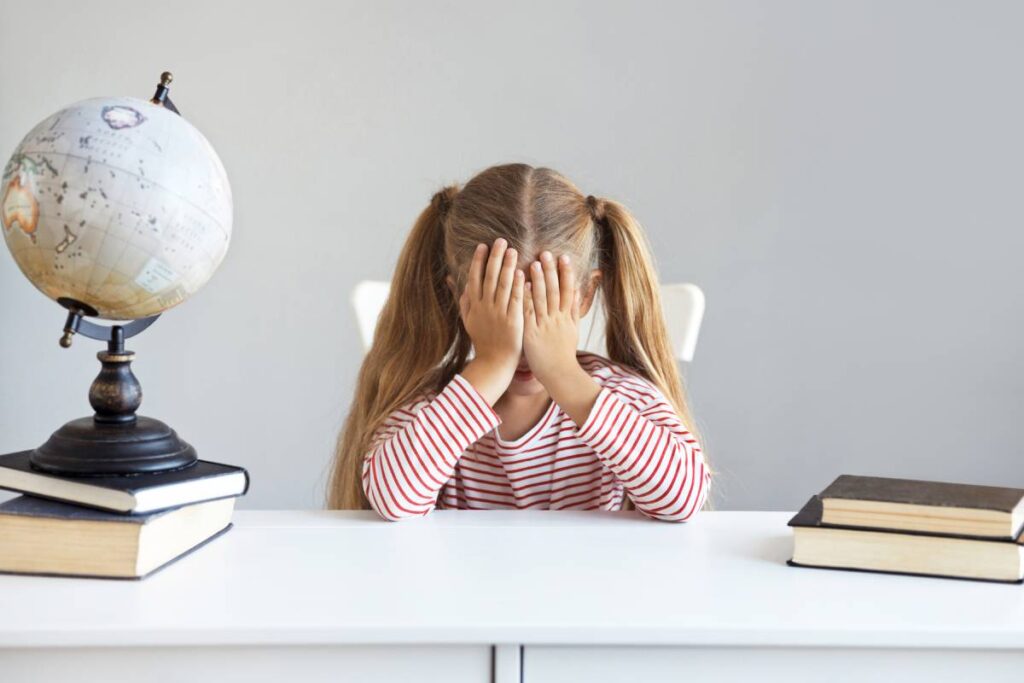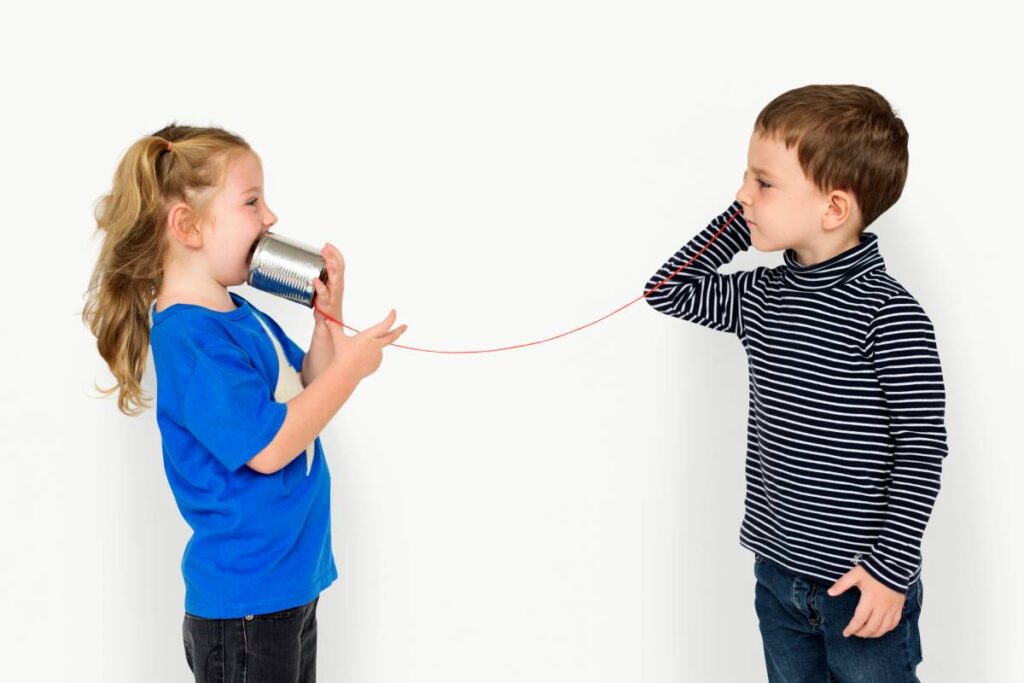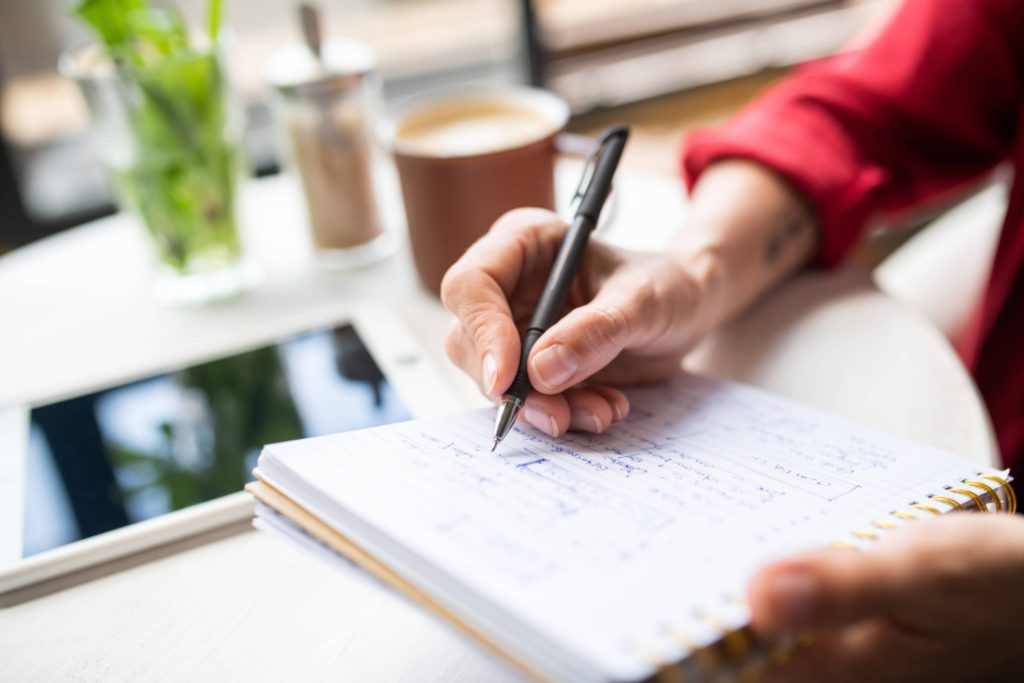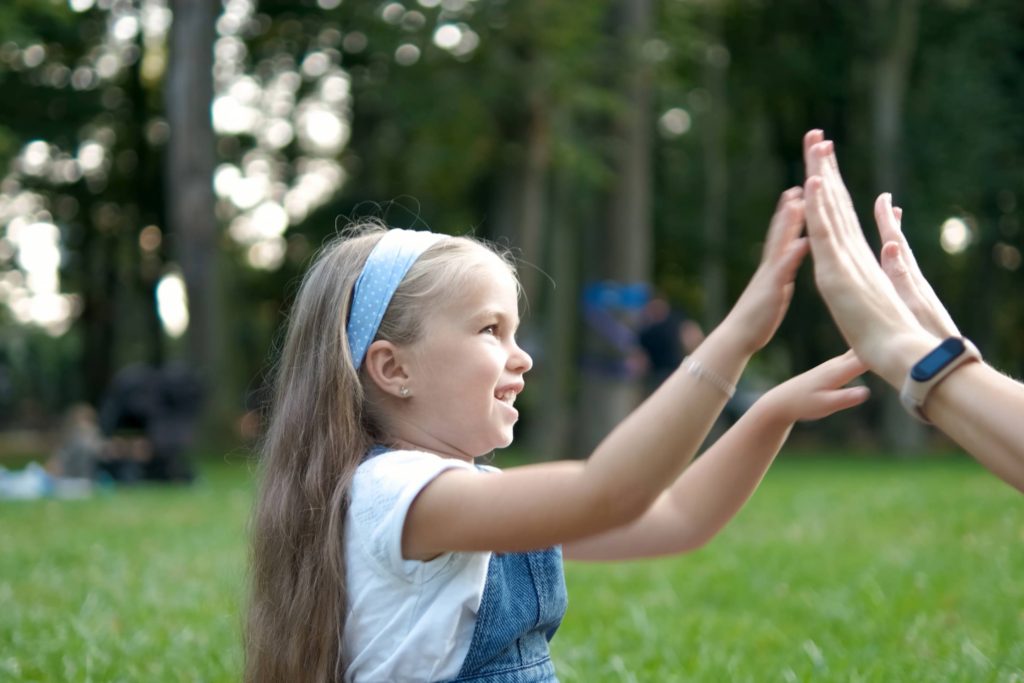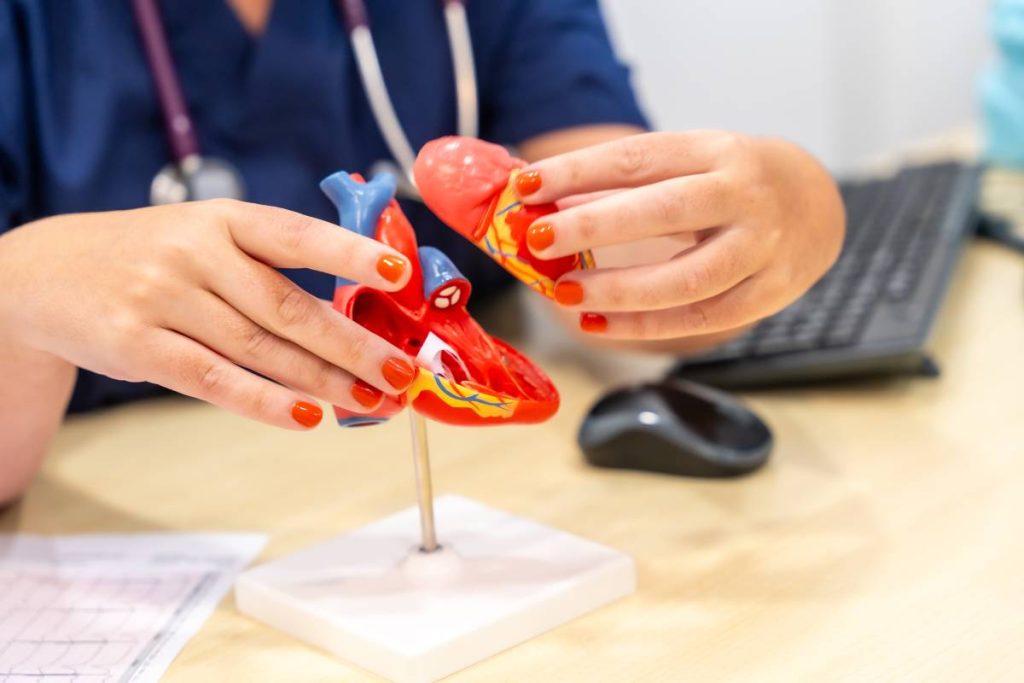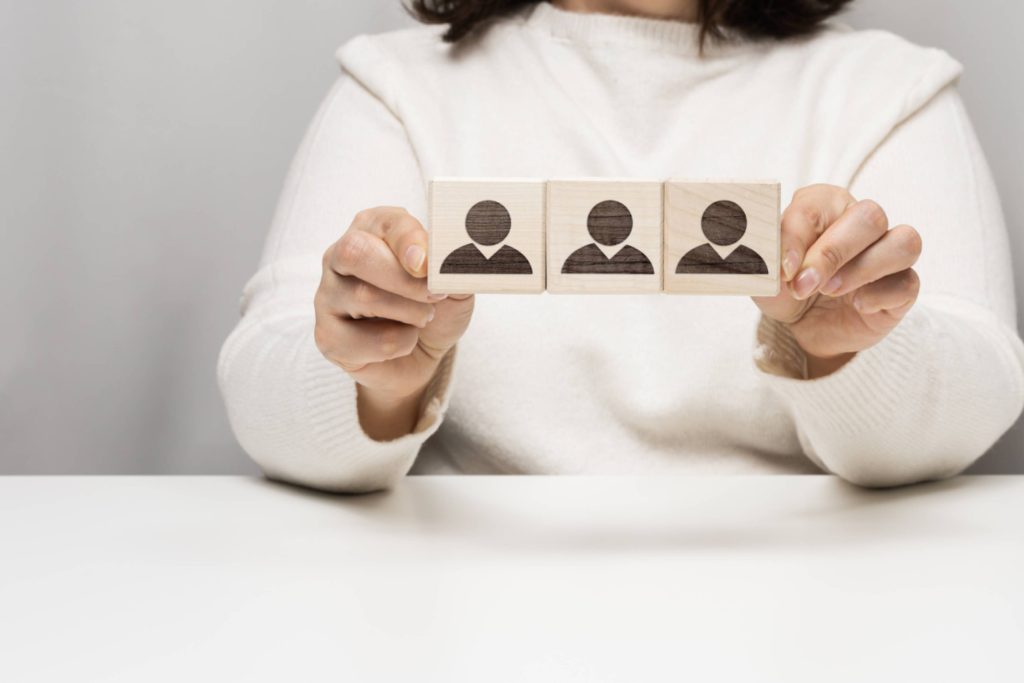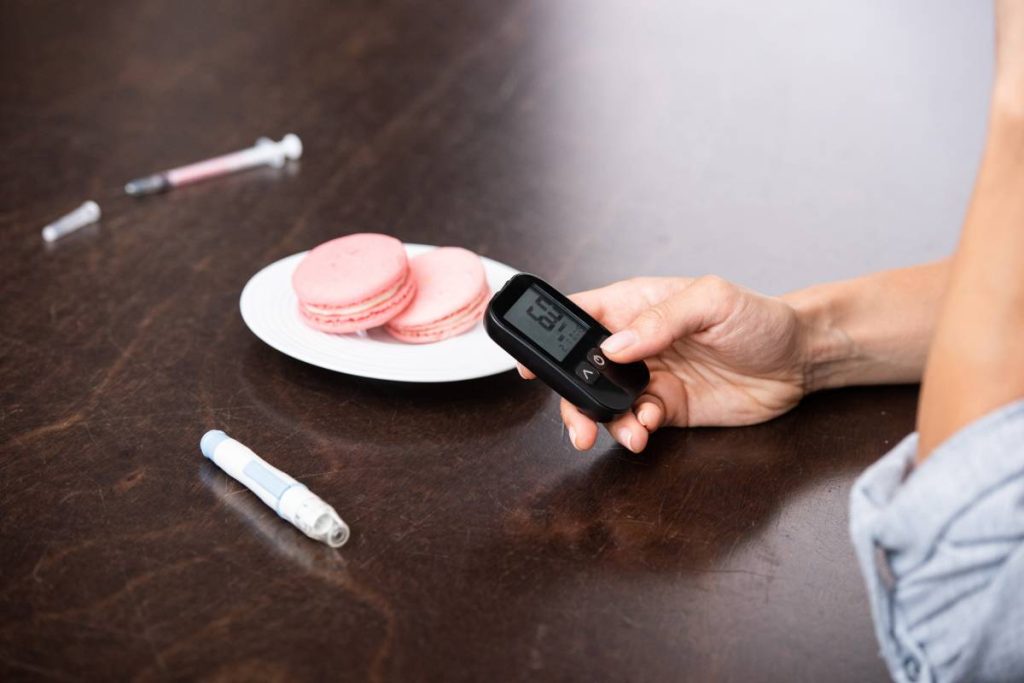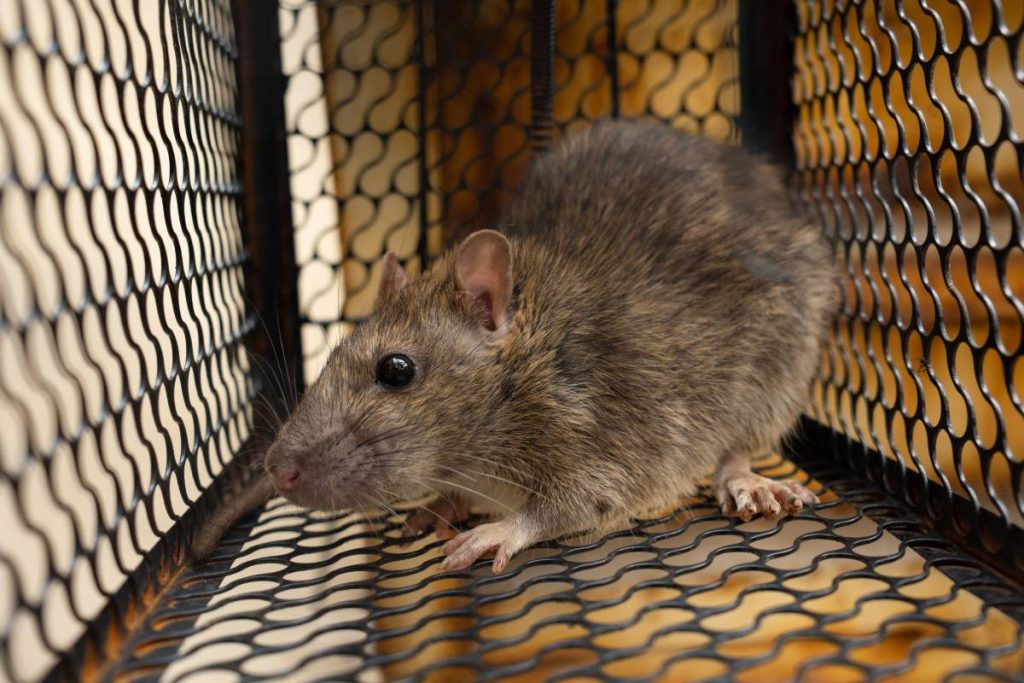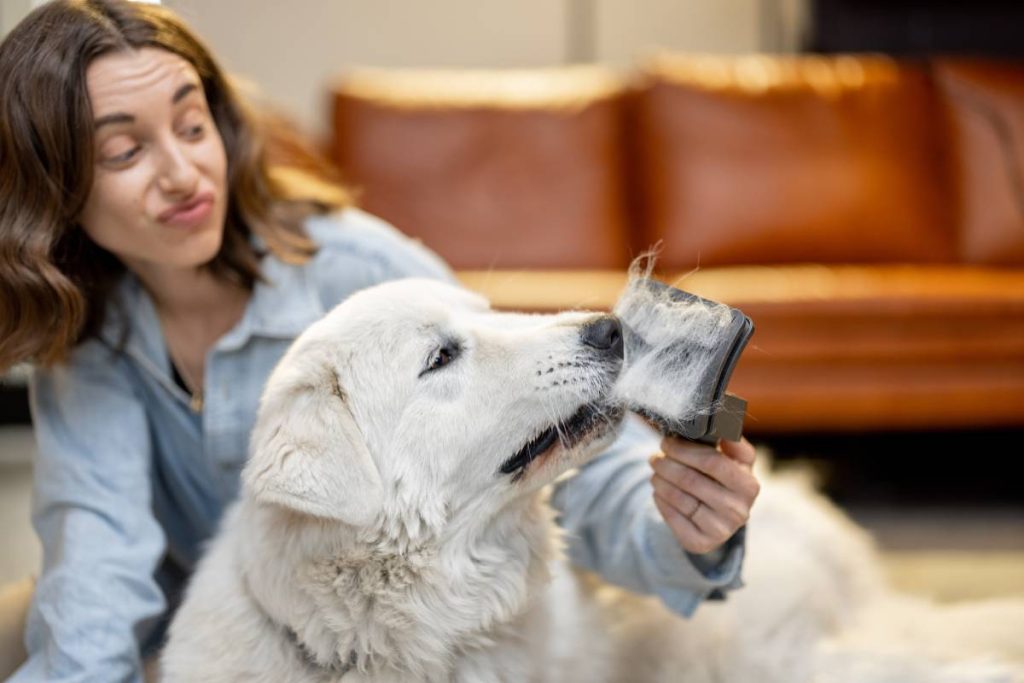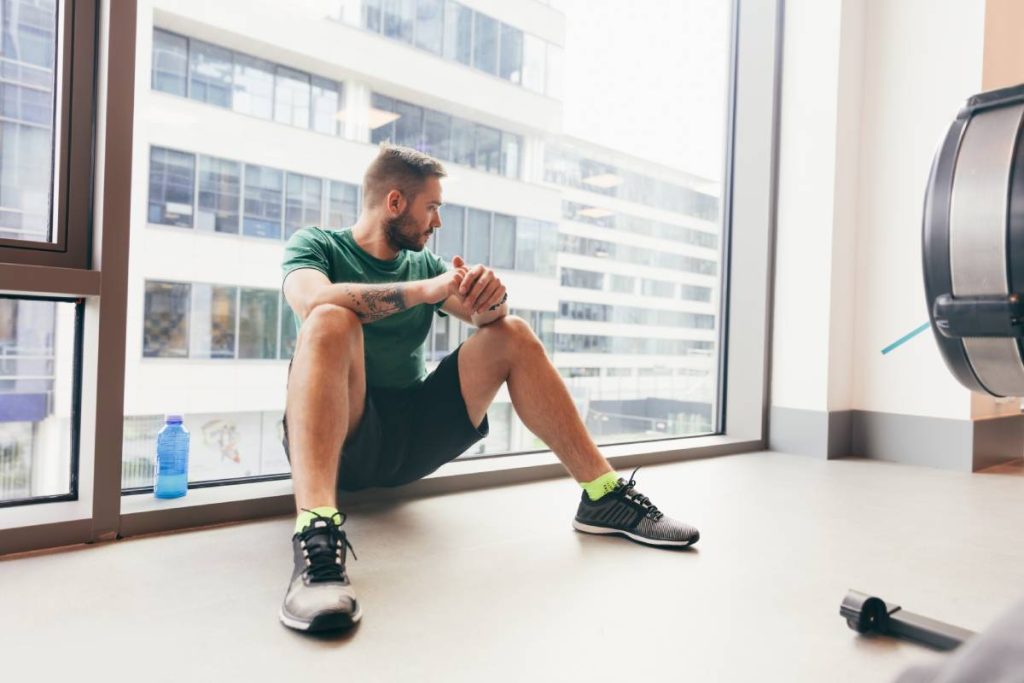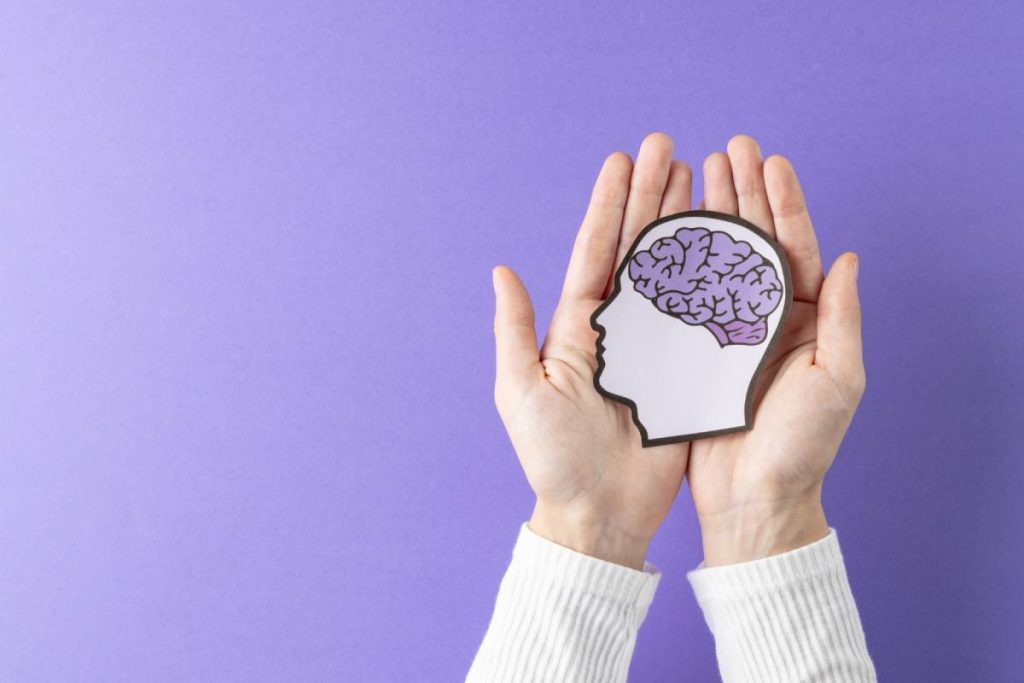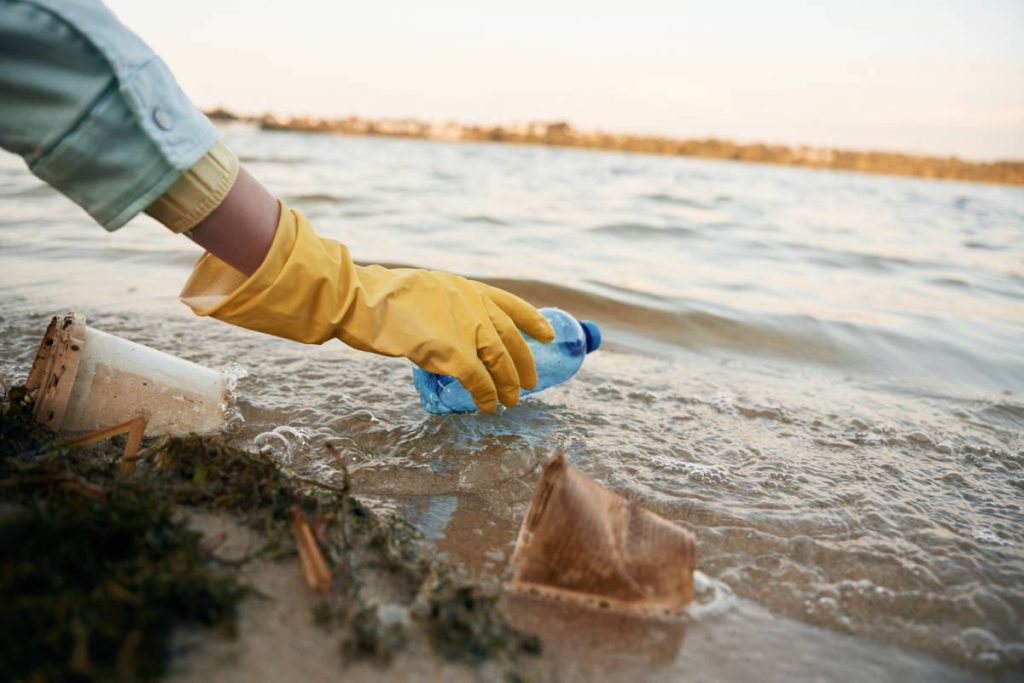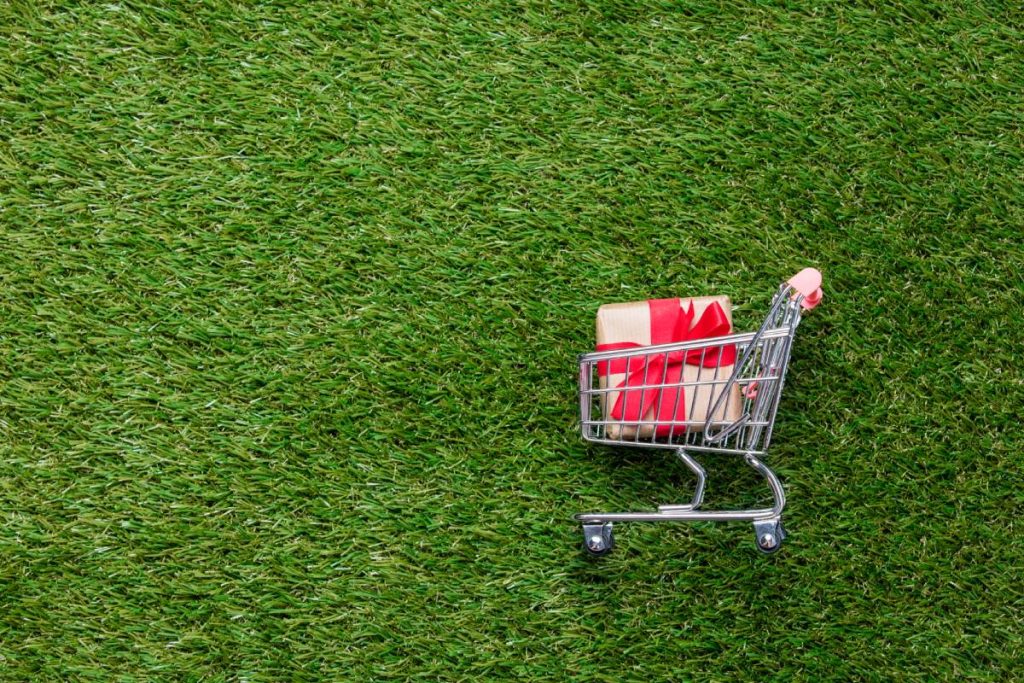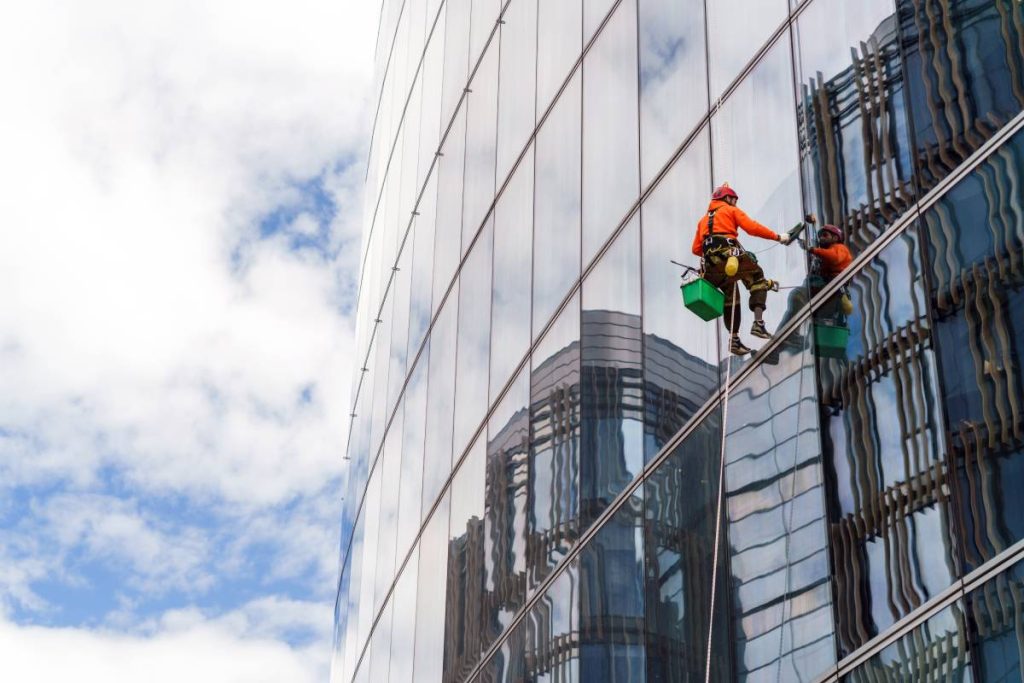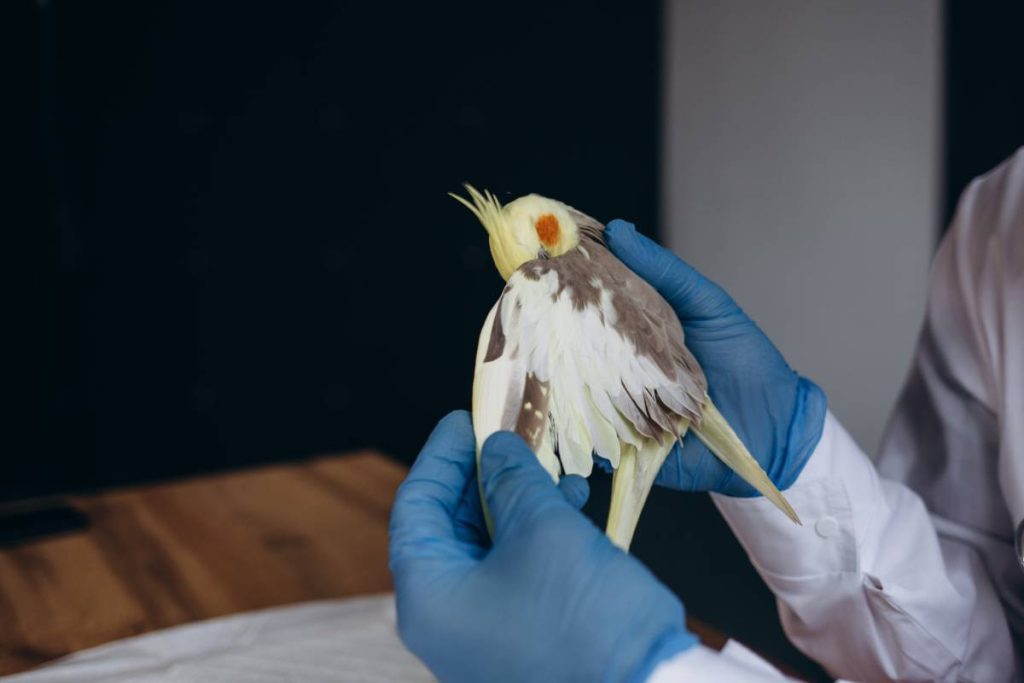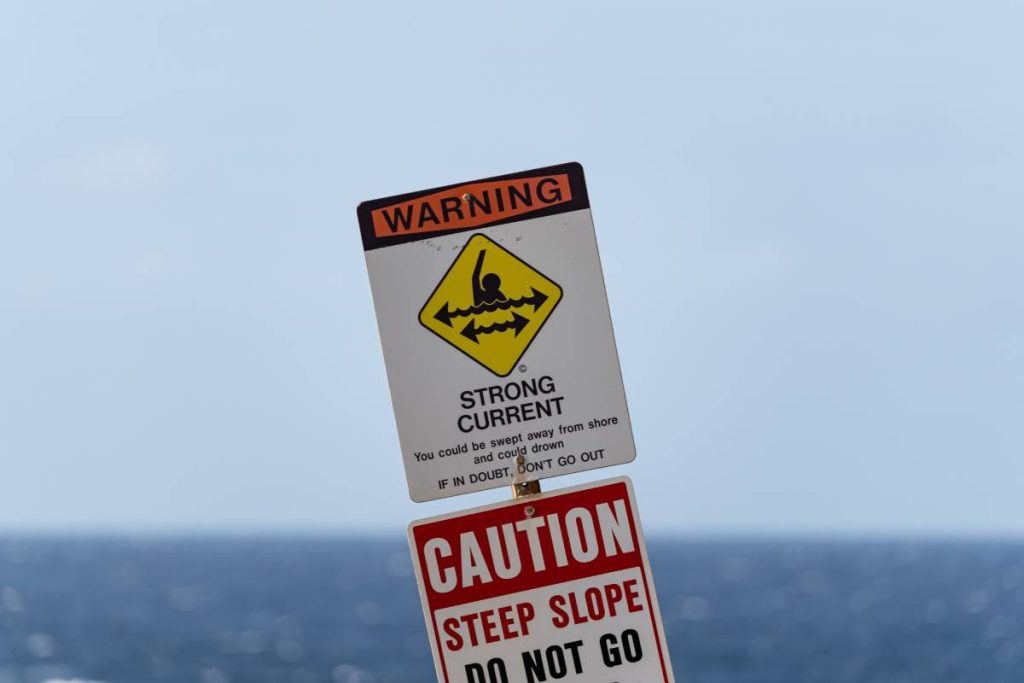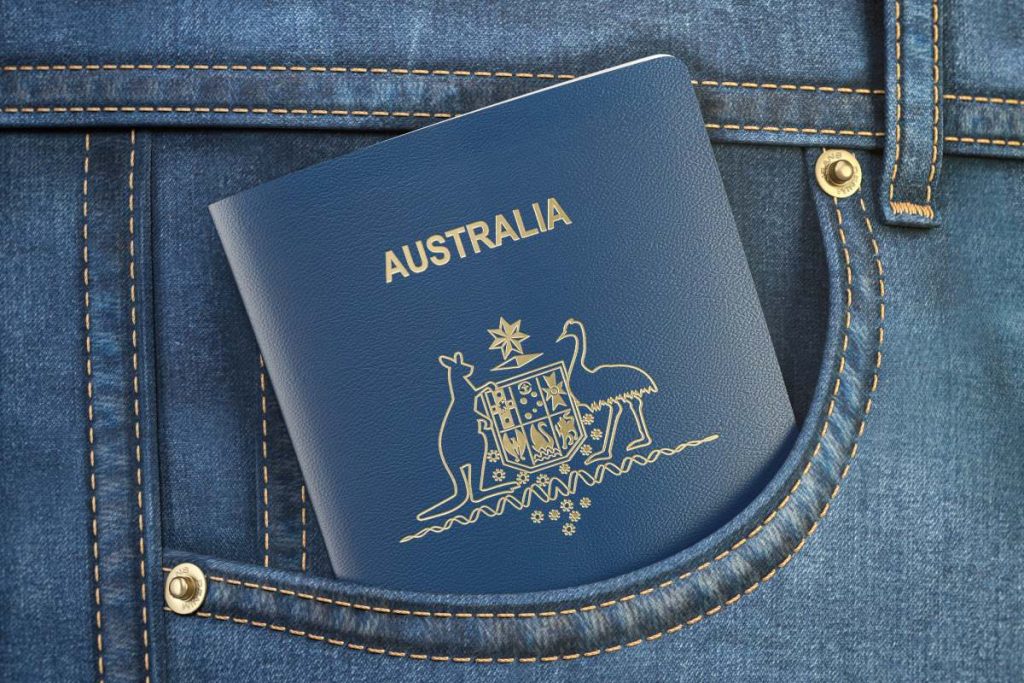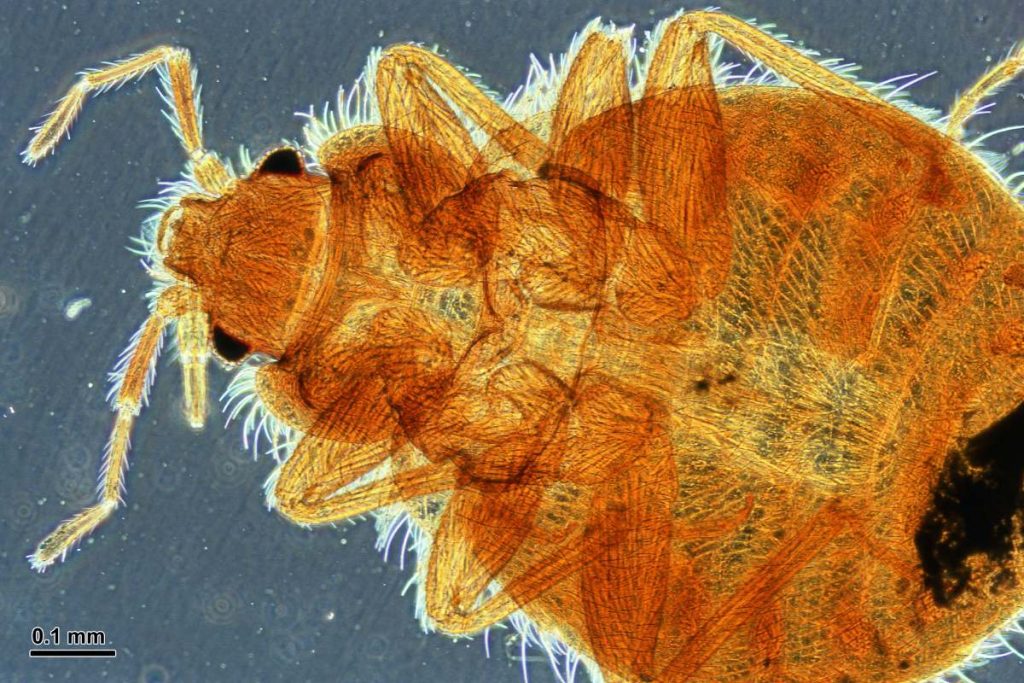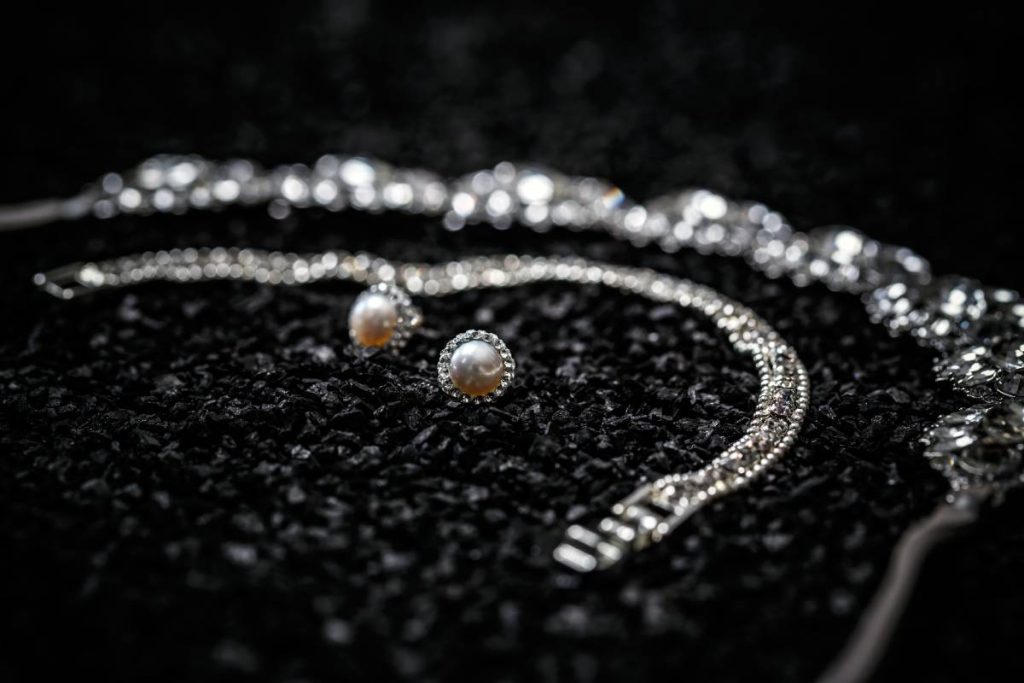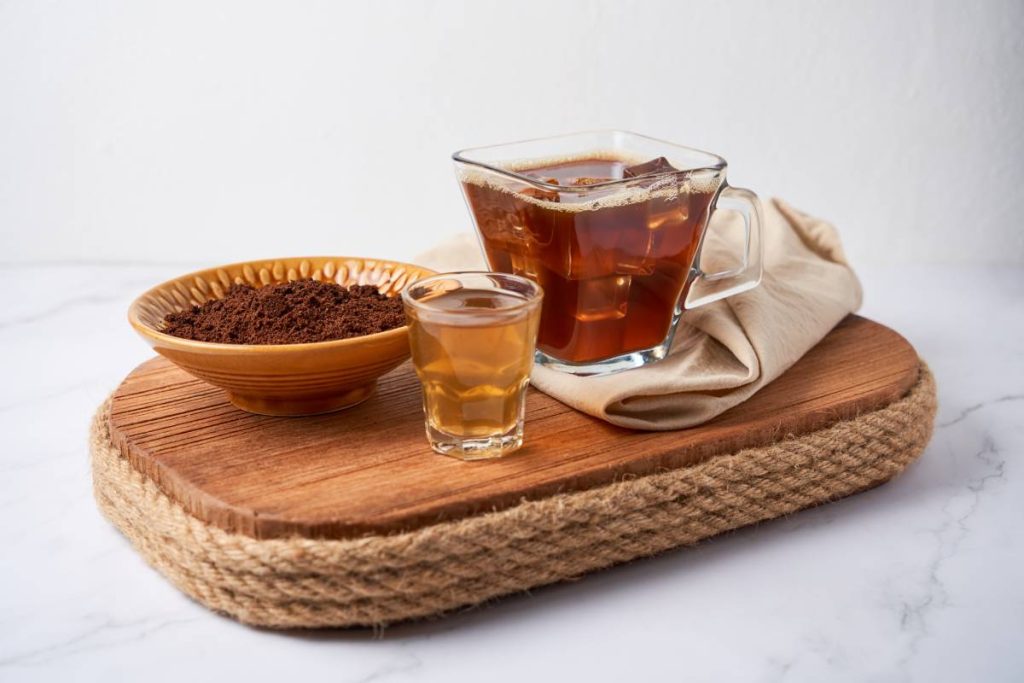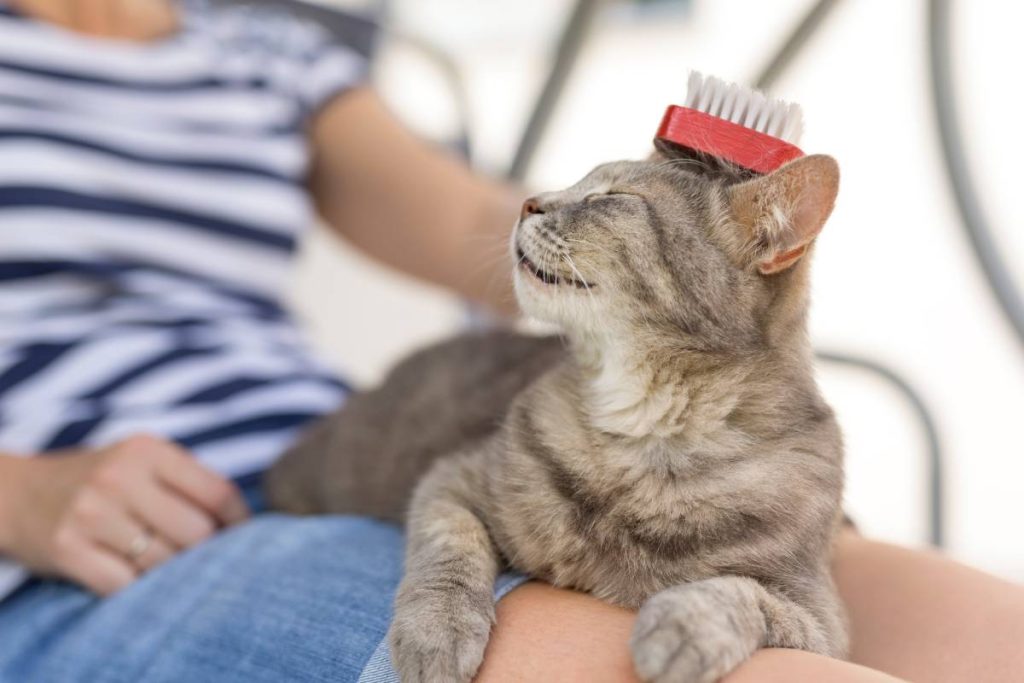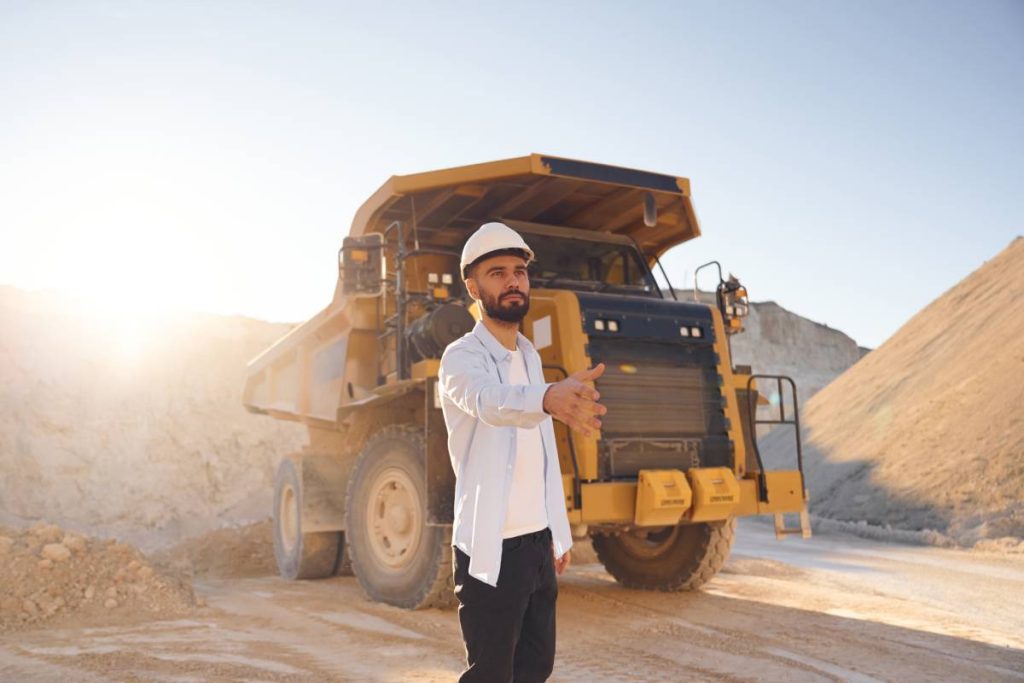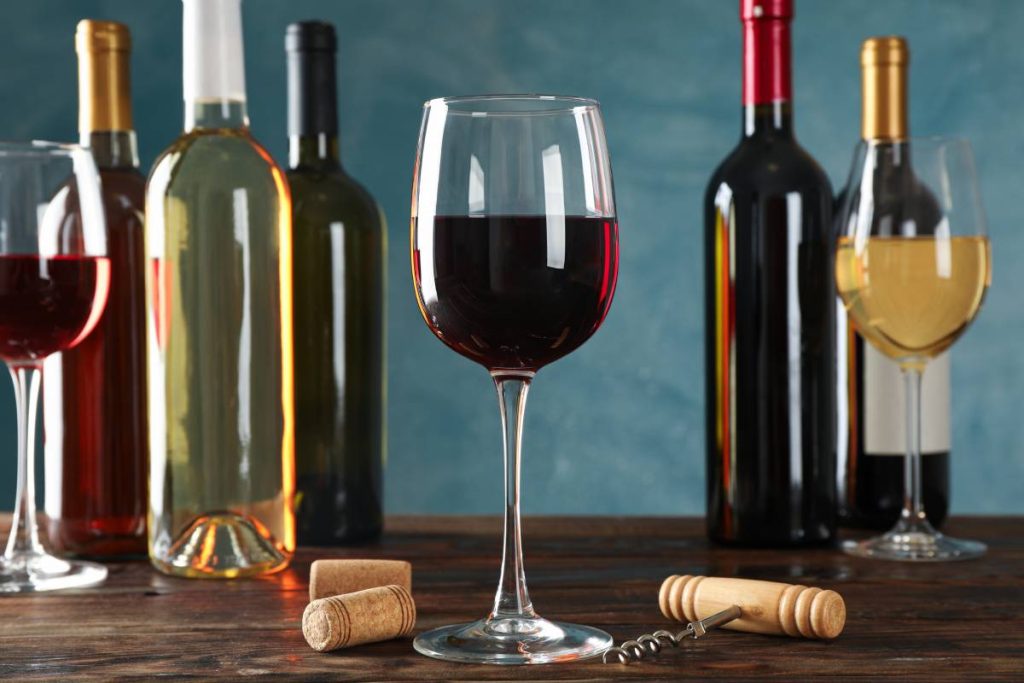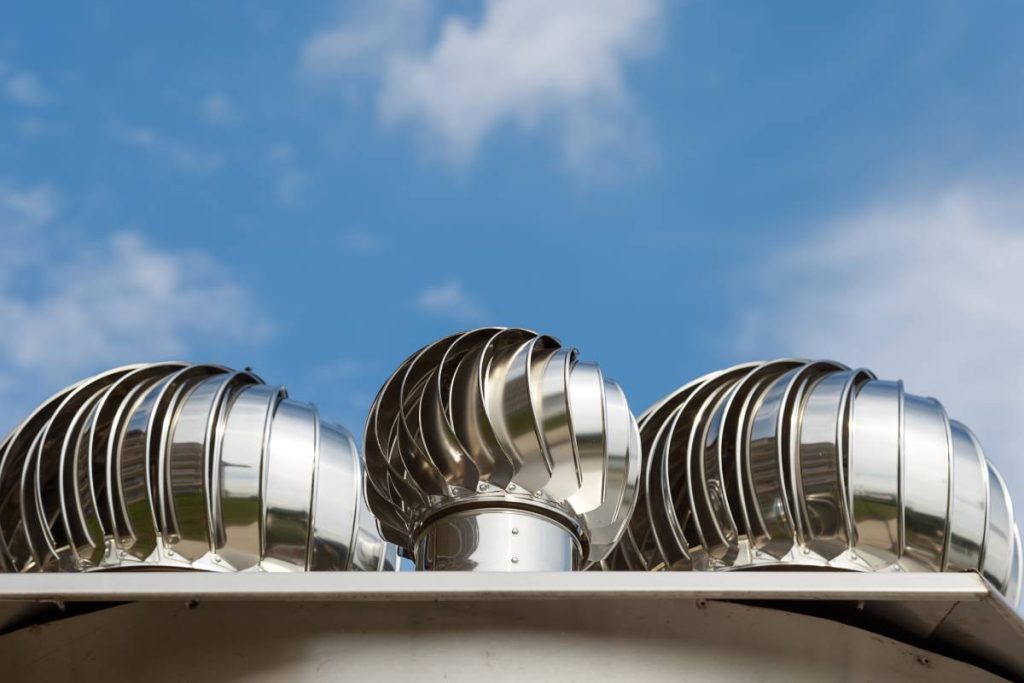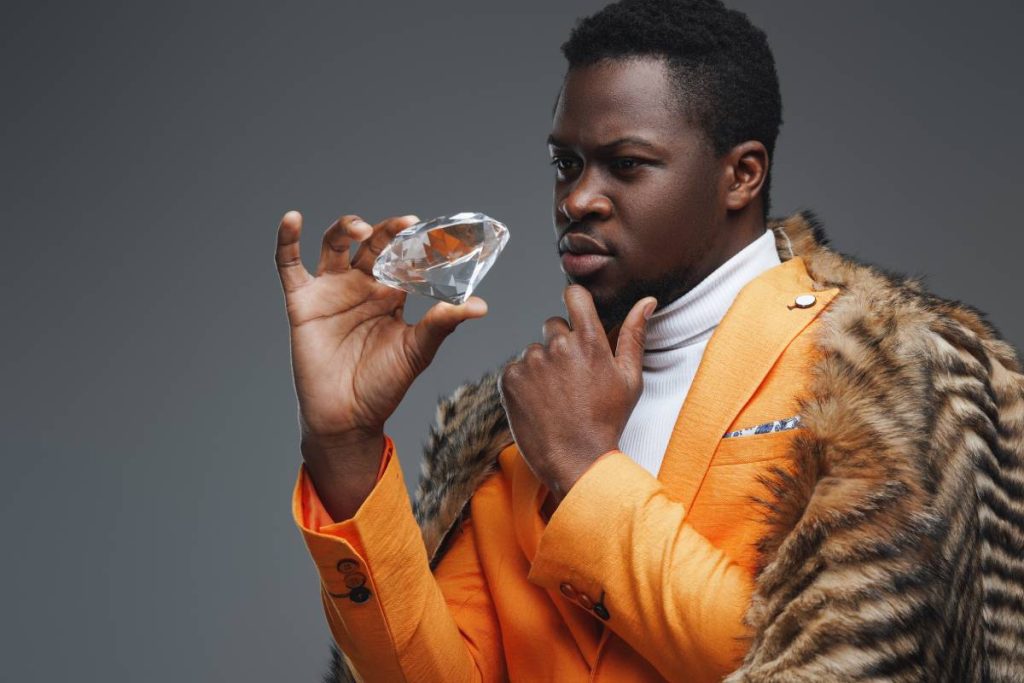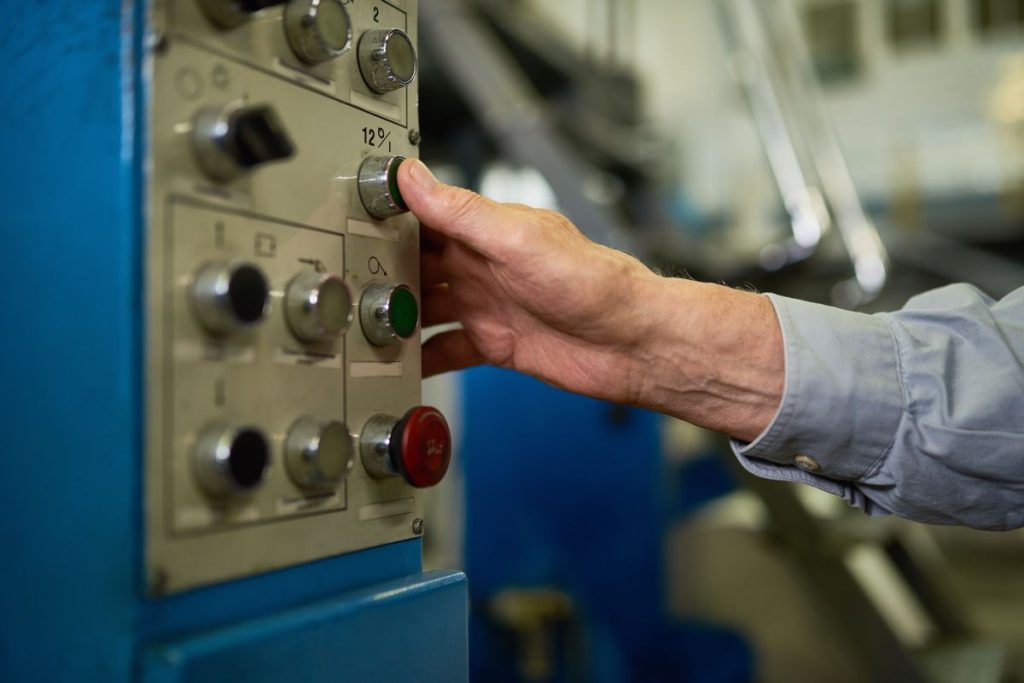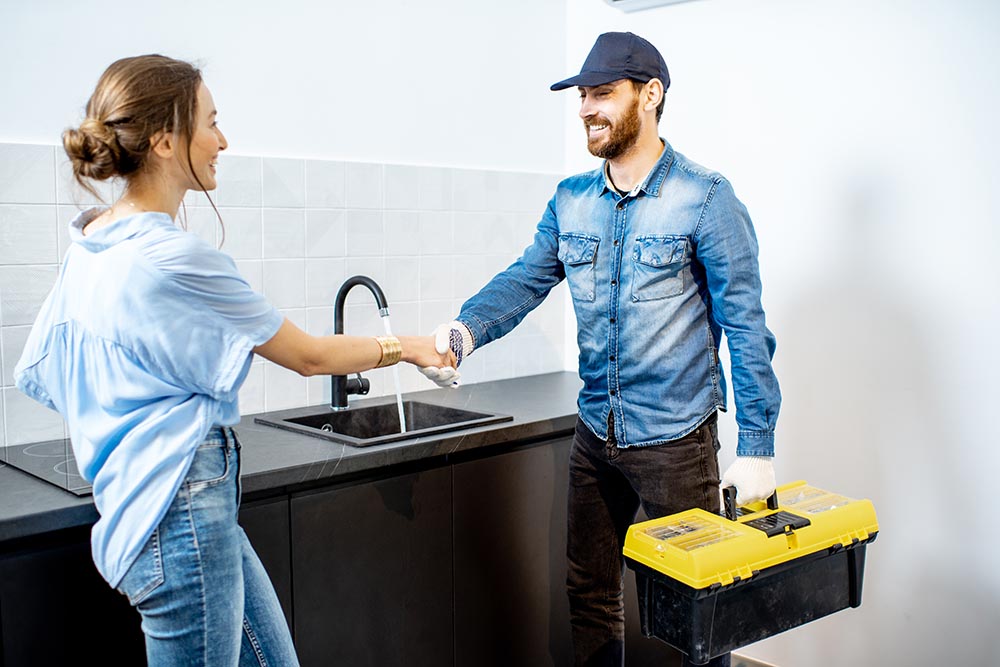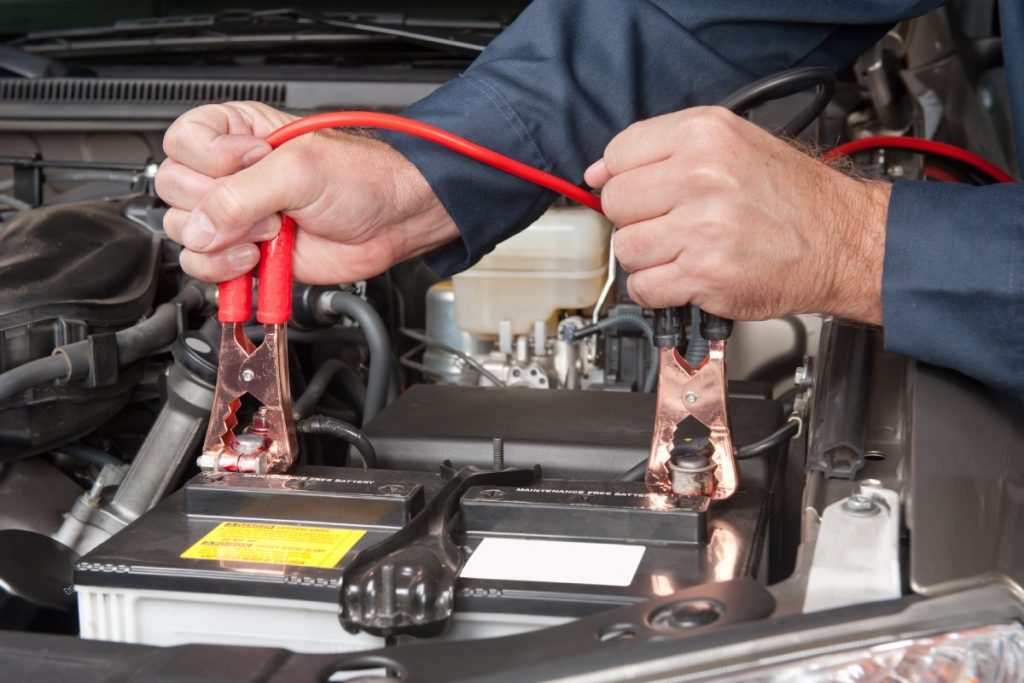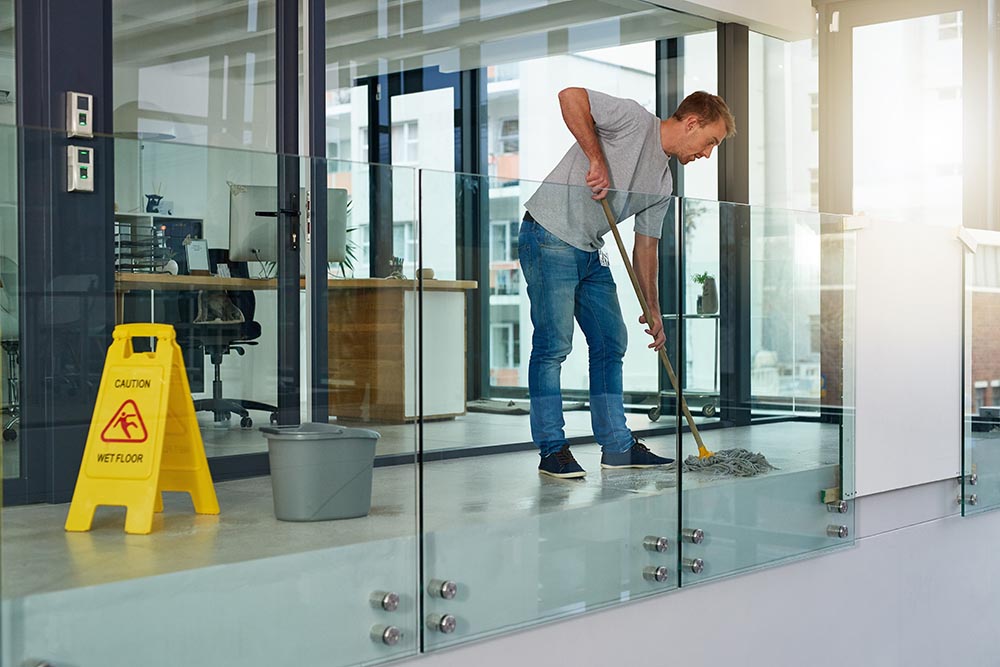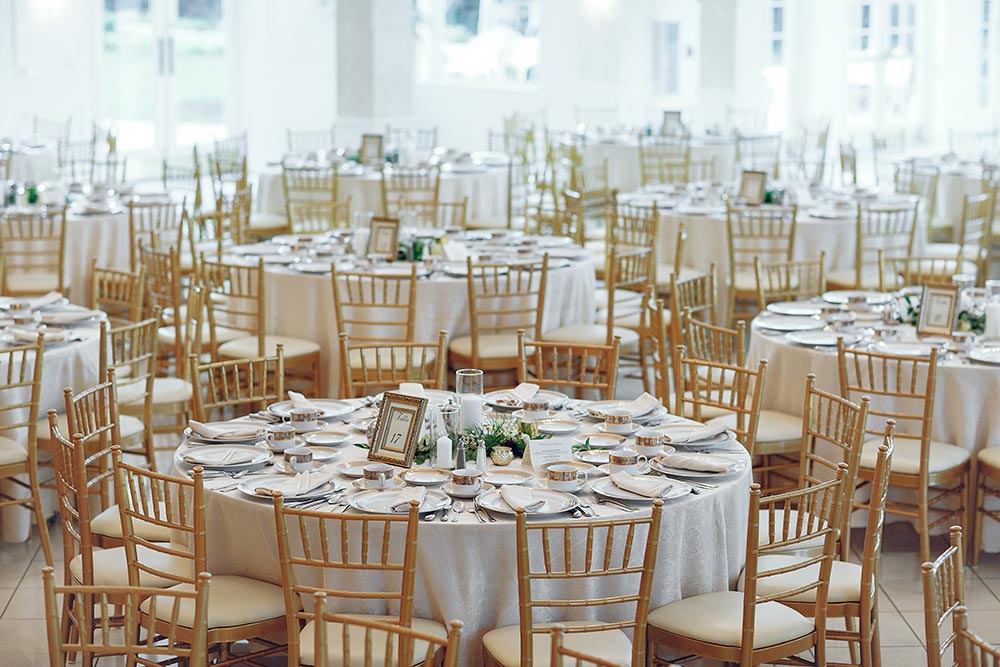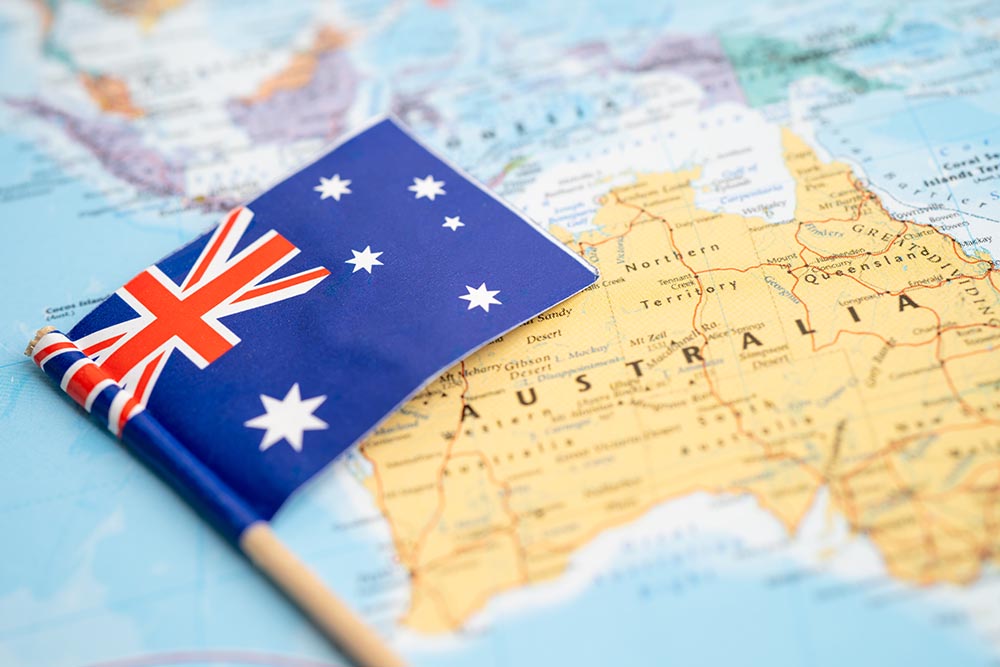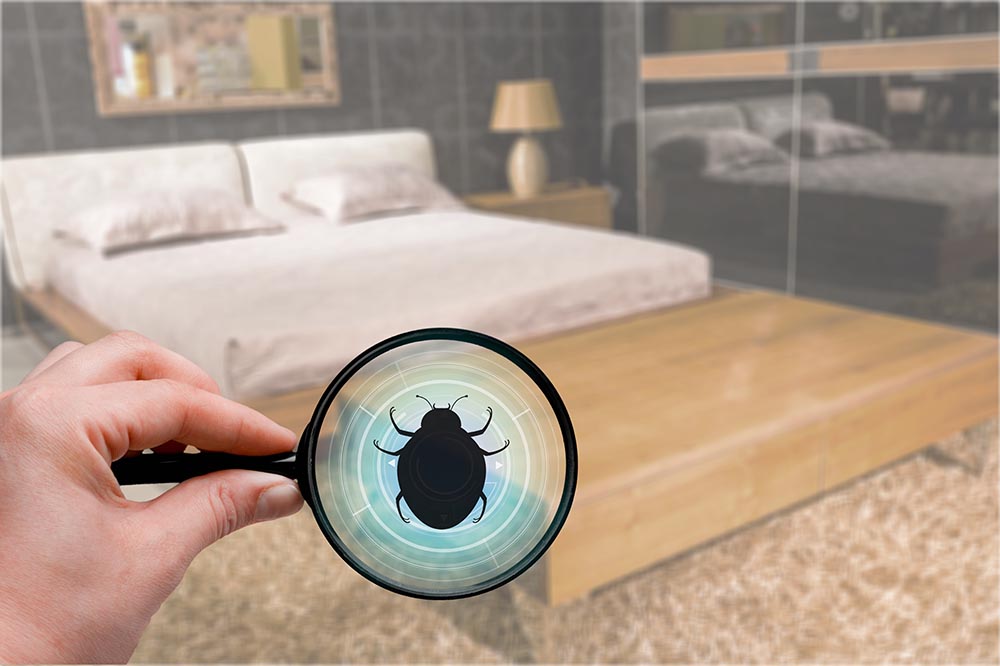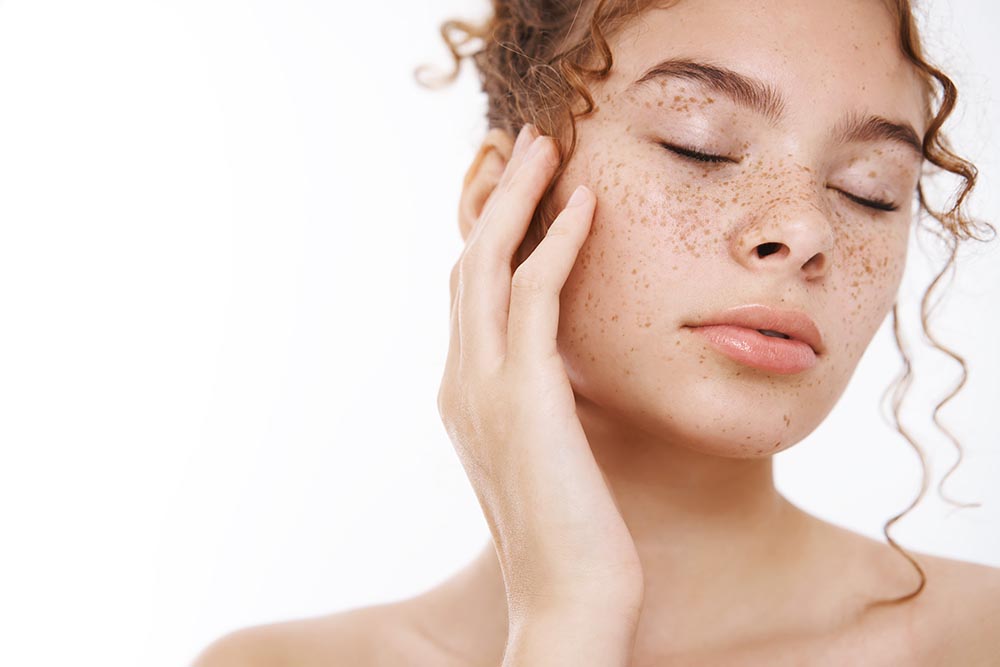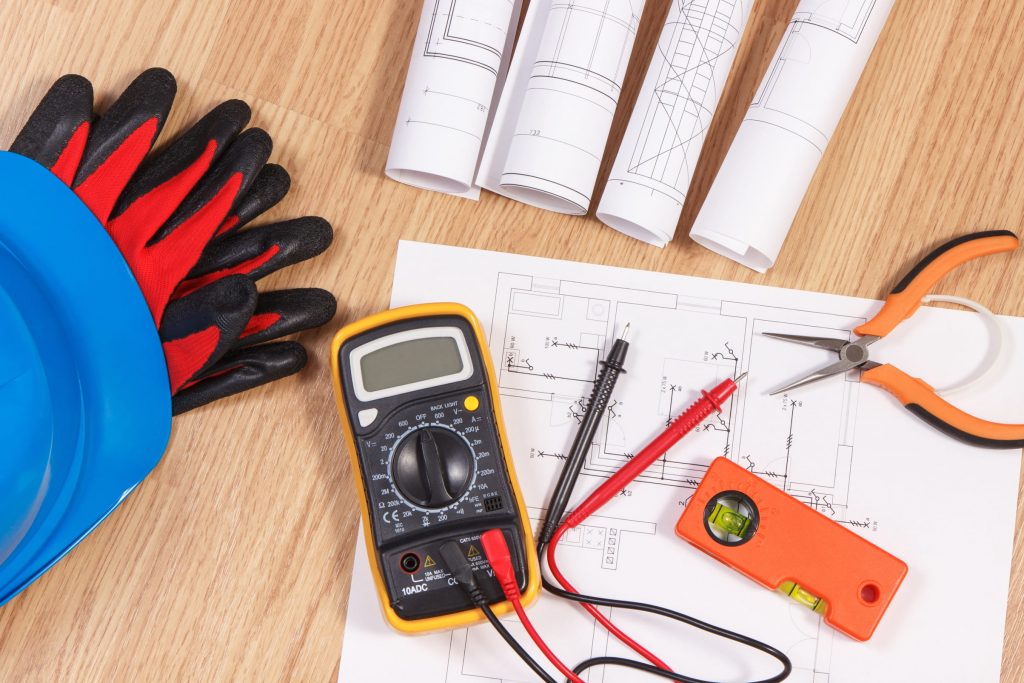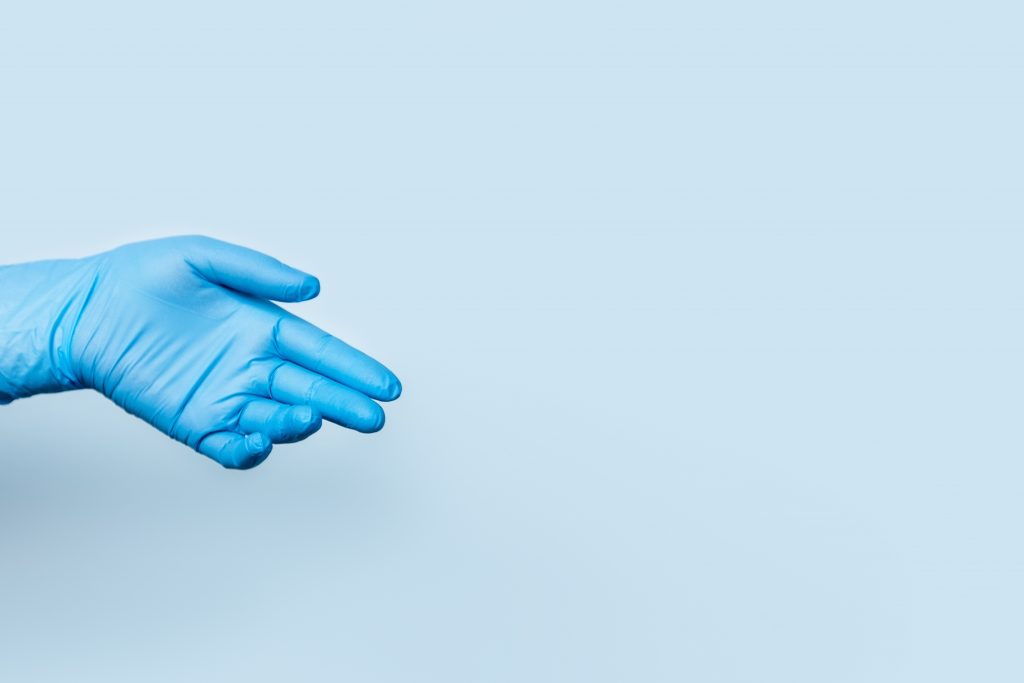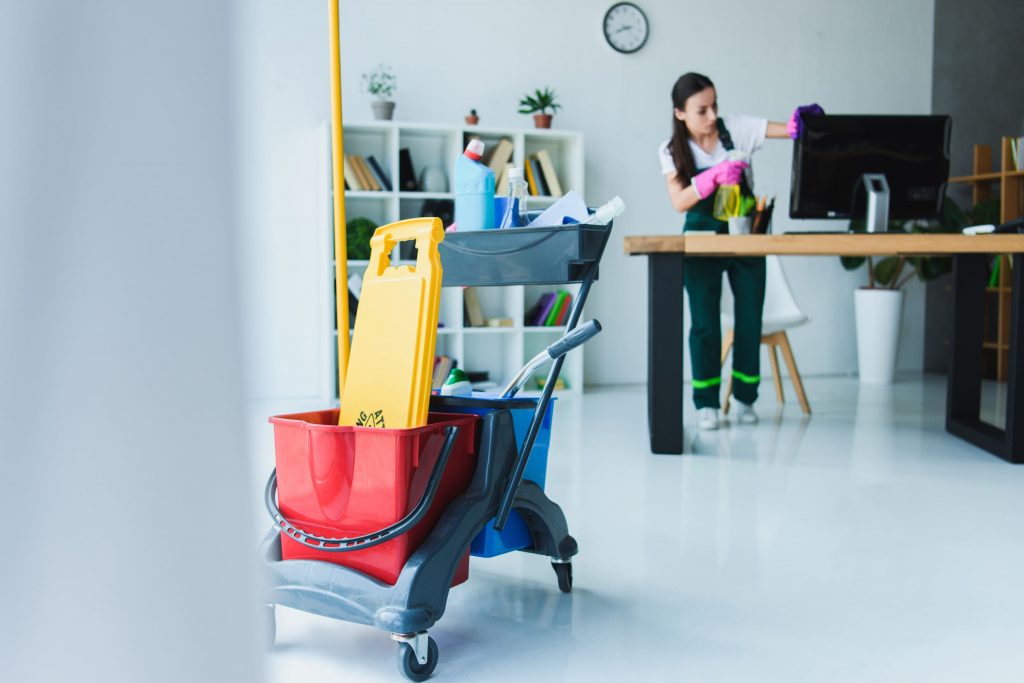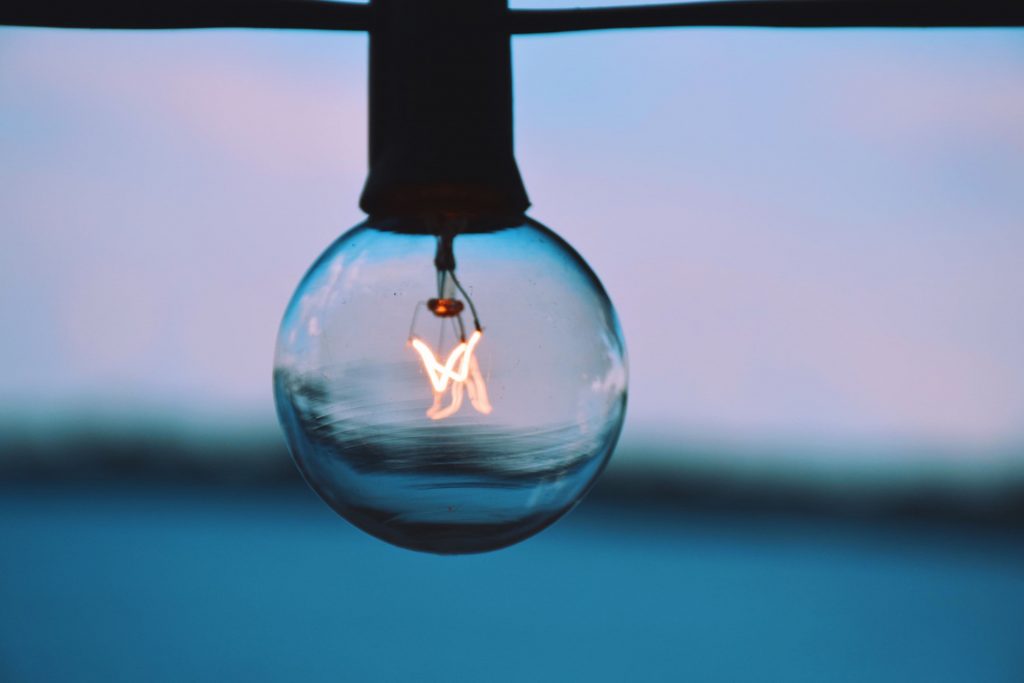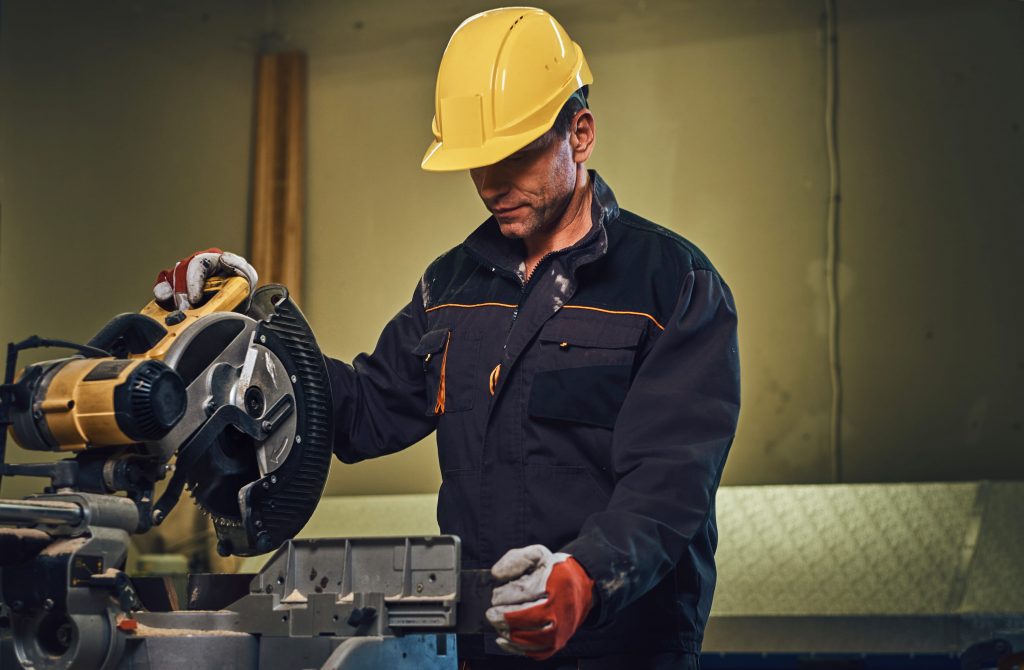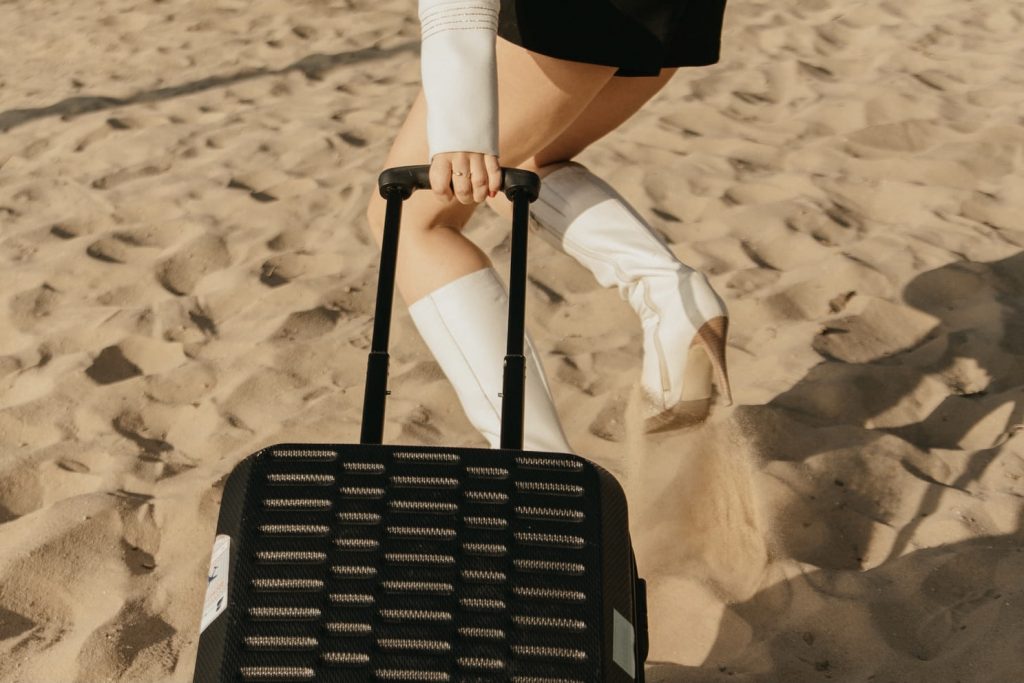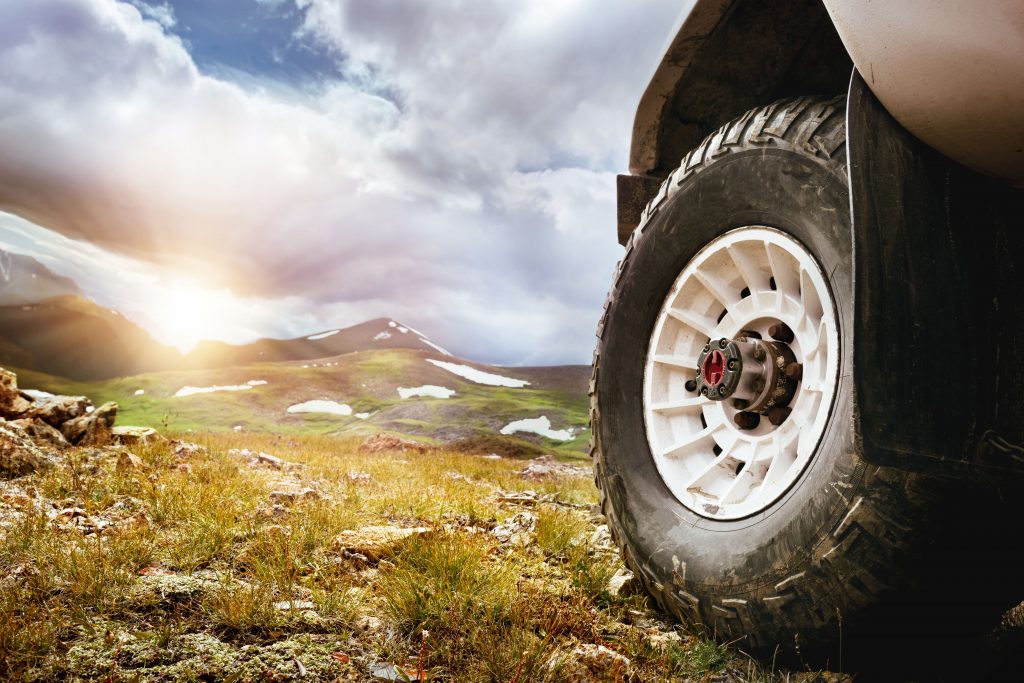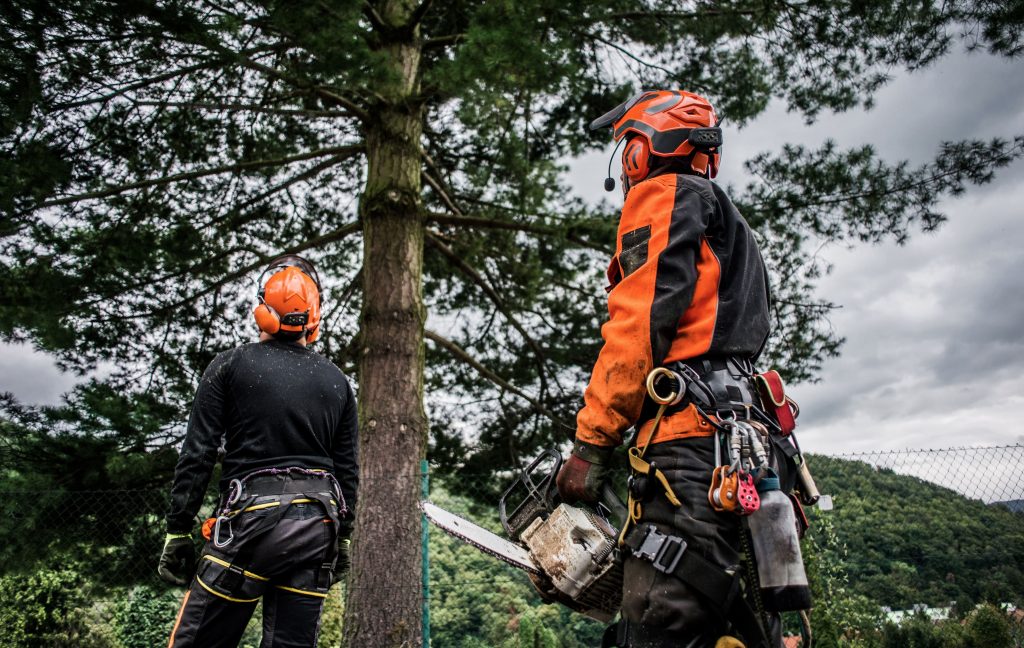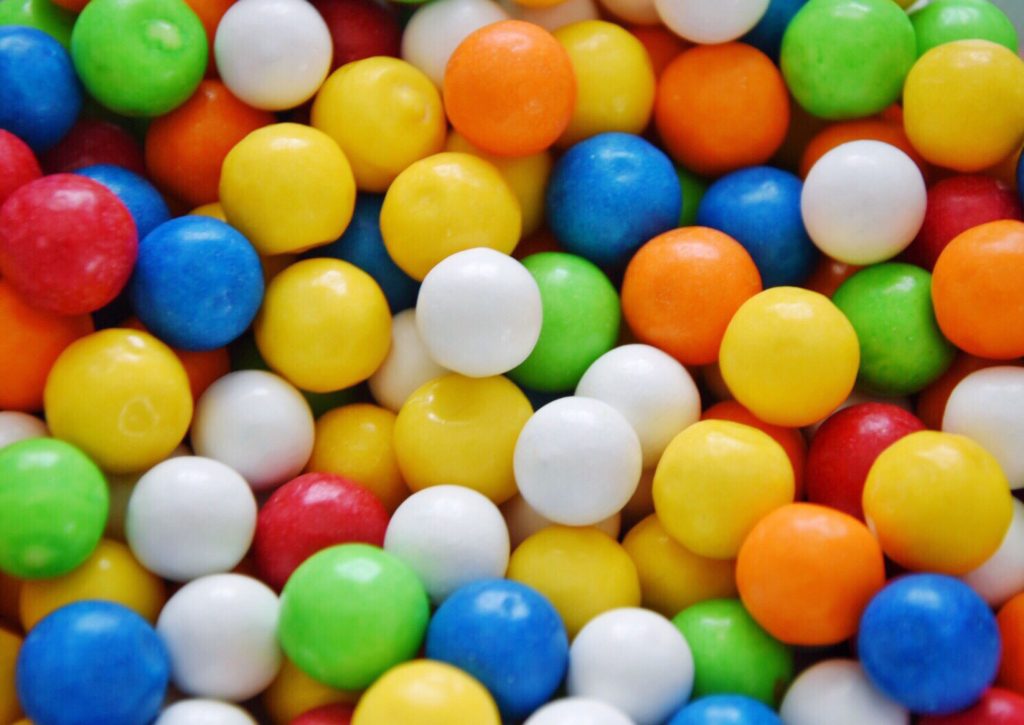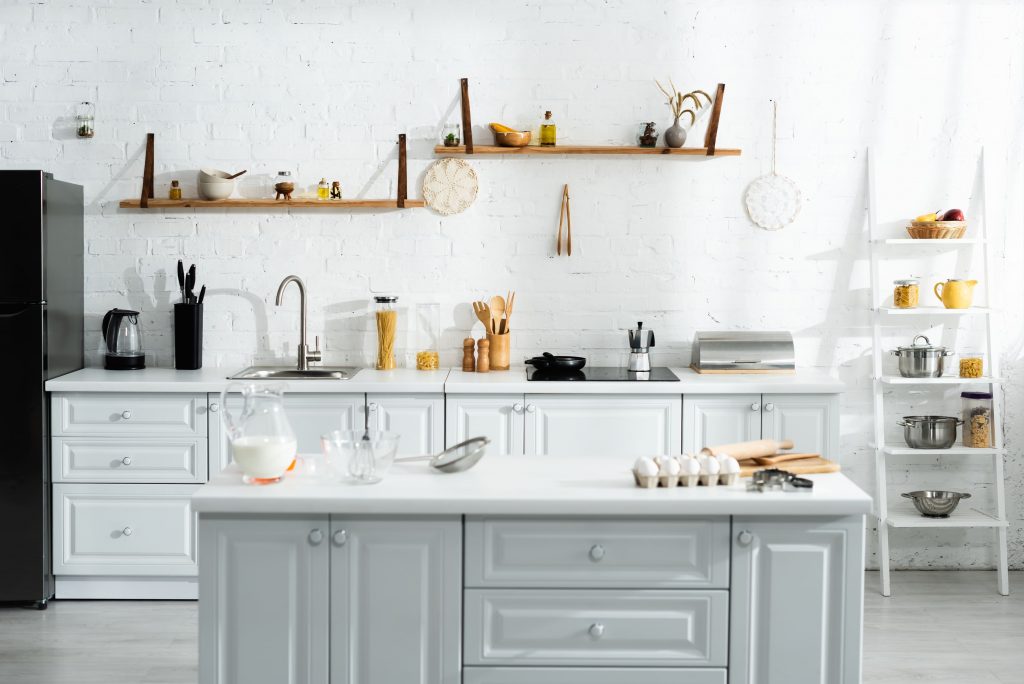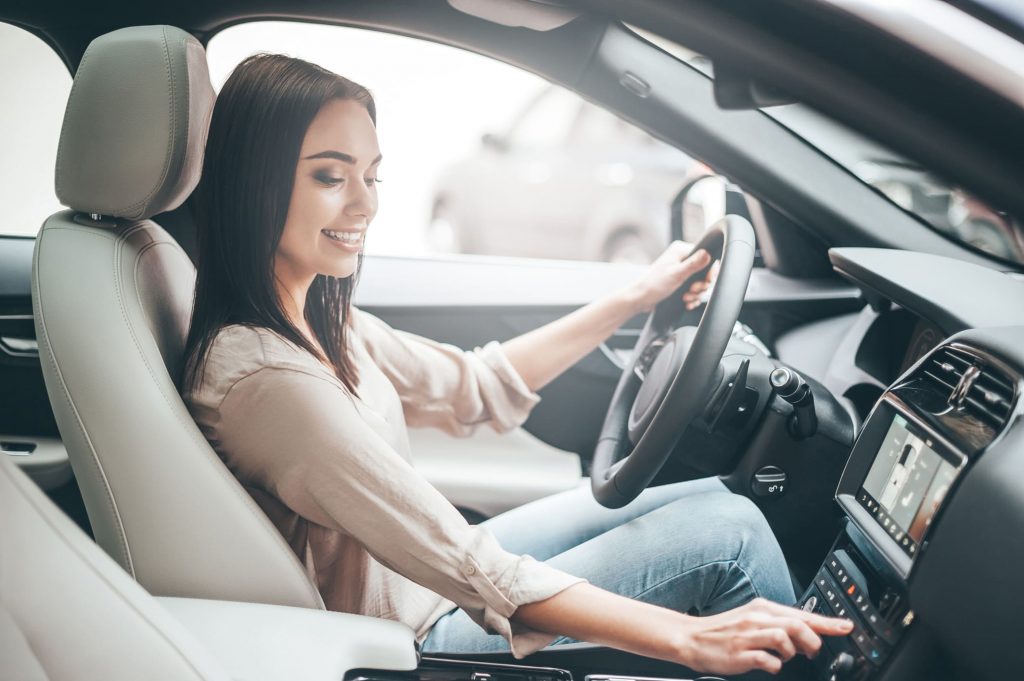Is it bad to mix caffeine and alcohol? Is it bad to mix energy drinks and alcohol? How long after an energy drink can I drink alcohol?
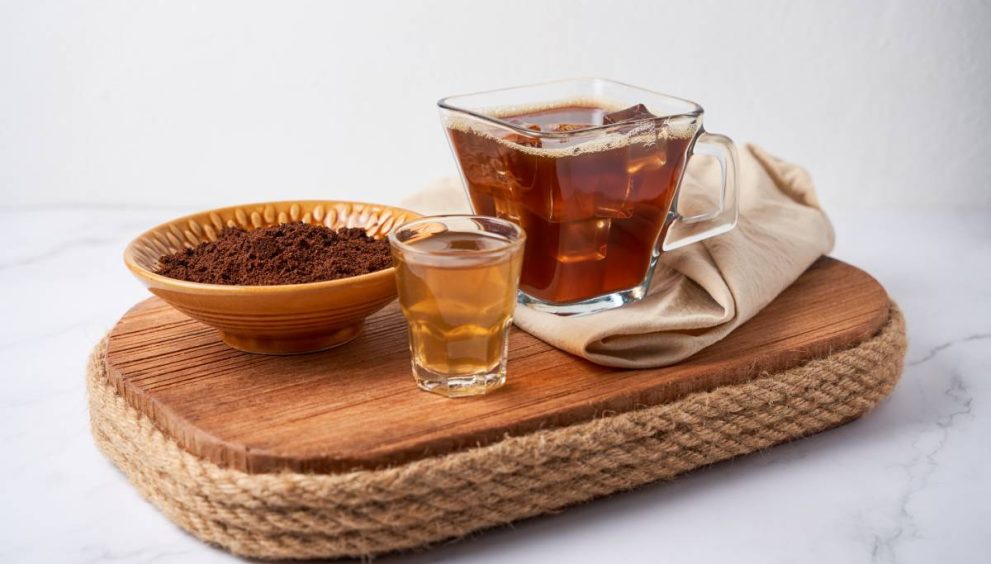
Mixing caffeine with alcohol or energy drinks has become a common practice, especially in social settings where individuals seek to stay awake and energized while consuming alcohol. While it may seem like a harmless way to extend the night, there are significant health risks associated with combining these substances.
In this article, we will explore the dangers of mixing caffeine and alcohol, as well as the potential risks of combining energy drinks with alcohol. Understanding these risks is crucial for making informed decisions about alcohol consumption and promoting safer drinking habits.
Related article:
Is it bad to mix caffeine and alcohol?
Mixing caffeine and alcohol is a common practice, especially in social settings where people may want to stay awake and alert while enjoying alcoholic beverages. However, it’s important to understand the potential risks associated with this combination.
Caffeine is a stimulant that can increase alertness, energy, and concentration. On the other hand, alcohol is a depressant that slows down brain function and impairs coordination and judgment. When these two substances are consumed together, their effects can interact in complex ways, leading to potential health risks.
One of the main concerns with mixing caffeine and alcohol is that caffeine can mask the depressant effects of alcohol. This means that you may feel more awake and alert than you actually are, leading to a false sense of sobriety. As a result, you may be more likely to consume larger amounts of alcohol than you would otherwise, increasing the risk of alcohol-related harm such as impaired driving, accidents, and alcohol poisoning.
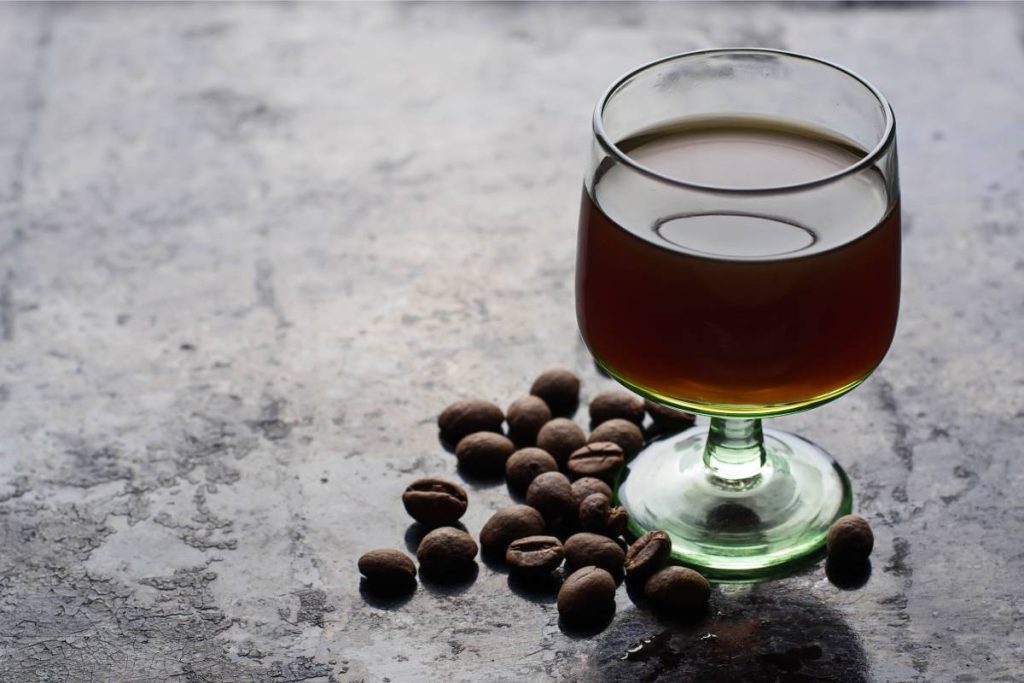
Moreover, the combination of caffeine and alcohol can have adverse effects on your cardiovascular system. Caffeine increases heart rate and blood pressure, while alcohol can have a depressant effect on the heart. Mixing the two can lead to irregular heartbeats, palpitations, and other heart-related issues. Additionally, the diuretic properties of caffeine and alcohol can contribute to dehydration, which can further strain the heart and increase the risk of cardiovascular problems.
Furthermore, combining caffeine and alcohol can have negative effects on mental health. Both substances can affect mood and exacerbate symptoms of anxiety and depression. Mixing them can lead to increased feelings of agitation, nervousness, and irritability. Additionally, the combination can disrupt sleep patterns, leading to poor-quality sleep and exacerbating mental health issues.
Another concern is that mixing caffeine and alcohol can impair judgment and decision-making, increasing the likelihood of engaging in risky behaviours such as unprotected sex, violence, or substance abuse.
While some individuals may enjoy the stimulating effects of caffeine when mixed with alcohol, it’s important to recognize the potential risks and consume these substances in moderation. Alternatives like energy drinks that combine caffeine and alcohol are particularly concerning, as they often contain high levels of both substances and may encourage excessive consumption.
Is it bad to mix energy drinks and alcohol?
Mixing energy drinks with alcohol is a practice that has gained popularity, especially among younger adults seeking to stay awake and party longer. However, it’s widely advised against due to several potential health risks.
Energy drinks typically contain high levels of caffeine and other stimulants, which can increase alertness and energy levels. When combined with alcohol, which is a depressant, the effects of both substances can be masked. This can lead individuals to underestimate their level of intoxication, making them more likely to drink excessively and engage in risky behaviours.
One of the primary concerns with mixing energy drinks and alcohol is the impact on cardiovascular health. Caffeine can increase heart rate and blood pressure, while alcohol can have a depressant effect on the heart. Combining the two can lead to irregular heart rhythms, palpitations, and increased risk of heart problems, particularly in individuals with underlying cardiovascular issues.
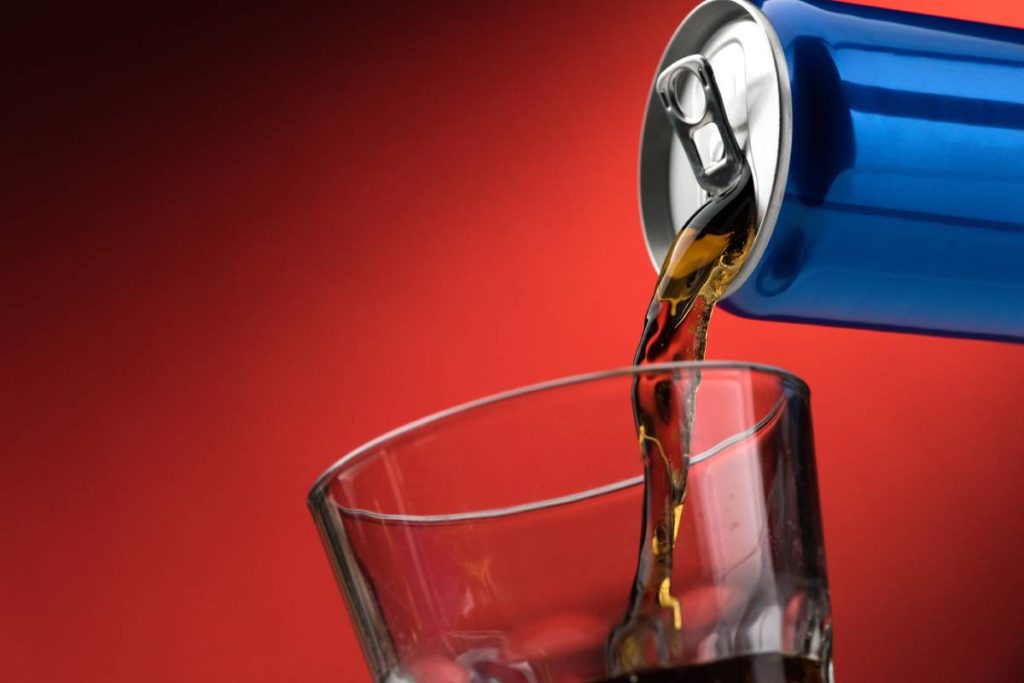
Moreover, the combination of caffeine and alcohol can impair judgment and coordination, increasing the likelihood of accidents and injuries. People who mix energy drinks with alcohol may be more prone to engage in risky activities such as driving under the influence, which can have serious consequences for themselves and others.
Another issue is the potential for dehydration. Both caffeine and alcohol are diuretics, meaning they can increase urine production and contribute to fluid loss. Dehydration can exacerbate the negative effects of alcohol, such as headaches and nausea, and may also increase the risk of heat-related illnesses, particularly in hot or crowded environments like clubs or concerts.
Furthermore, mixing energy drinks with alcohol can have negative effects on mental health. The combination of stimulants and depressants can lead to increased feelings of anxiety, agitation, and irritability. It can also disrupt sleep patterns, leading to poor-quality sleep and exacerbating mood disorders.
While some individuals may enjoy the stimulating effects of energy drinks when combined with alcohol, it’s essential to recognize the potential risks and consume these substances responsibly. Alternatives such as cocktails made with energy drinks or pre-mixed alcoholic energy drinks often contain high levels of both caffeine and alcohol, amplifying the risks associated with their consumption.
How long after an energy drink can I drink alcohol?
The timing of when it’s safe to drink alcohol after consuming an energy drink depends on several factors, including your individual tolerance to caffeine, the amount of caffeine you consumed, and your overall health.
Caffeine from energy drinks typically peaks in the bloodstream within 30 to 60 minutes after consumption, and its effects can last for several hours, depending on the individual’s metabolism. It’s generally recommended to wait at least a few hours after consuming an energy drink before drinking alcohol to allow your body time to process the caffeine.
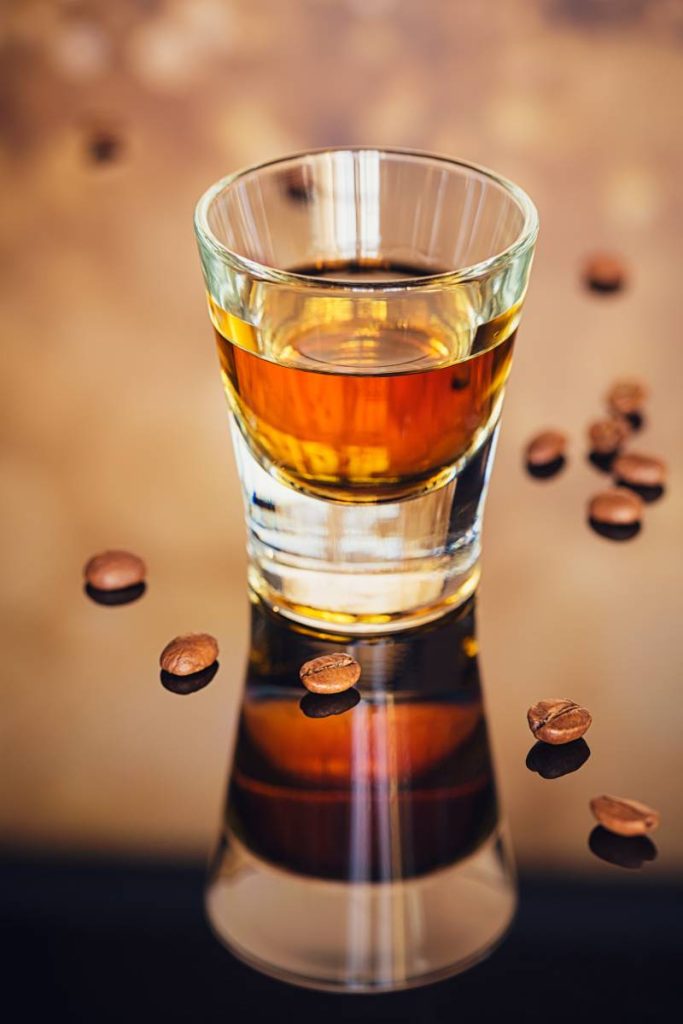
As a general guideline, waiting at least 3 to 4 hours after consuming an energy drink before drinking alcohol is advisable. This allows for the majority of the caffeine to be metabolized and eliminated from your system, reducing the risk of interactions between caffeine and alcohol.
It’s essential to listen to your body and pay attention to how you feel before deciding to drink alcohol after consuming caffeine. If you still feel the effects of the energy drink, such as increased heart rate or jitteriness, it’s best to wait longer before drinking alcohol to avoid potential negative effects.
Additionally, if you have any underlying health conditions or take medications that can interact with caffeine or alcohol, it’s wise to consult with a healthcare professional before combining these substances.
Overall, moderation and caution are key when it comes to consuming both caffeine and alcohol. It’s important to be aware of your own limits and how your body responds to different substances to minimize any potential risks.
In conclusion
Mixing caffeine with alcohol or energy drinks might seem like a way to liven up the party, but it actually comes with serious risks to physical and mental health. It’s important to be aware of these risks and make smart choices about alcohol consumption.
Moderation and caution are key, and it’s crucial to pay attention to how your body feels and know your limits when combining these substances. By promoting safer drinking habits and steering clear of mixing caffeine and alcohol, we can lower the chances of alcohol-related harm and encourage healthier lifestyles.

 English
English 
